There are plenty of factors that determine the taste of your coffee and it’s not just the brand you pick up. There are details about the coffee beans you’re consuming, and how they make it from the plant to your cup that can alter the taste of your coffee overall.
So what are the main characteristics that influence how your coffee will taste? Let’s discuss them now!
The Beans
One of the main things that can affect the taste of coffee is the coffee beans you choose to use. The most important one here is the quality of the beans. Some people pay little attention to this detail, but it has a significant impact on the quality of your coffee in the end.
The type also matters. With how many types of coffee beans there are in the world, they can’t all be judged the same way. Some coffee beans taste super sweet, while others are fairly bitter, others might even have a very fruity flavor going on.
So what are the main characteristics that influence how your coffee will taste? Let’s discuss them now!
How Are Green Coffee Beans Processed?
Green coffee beans aren’t just roasted right off the plant; they must be fermented first. The berries are metabolized and then ready to be dried or roasted during fermentation.
Generally, green coffee beans taste best when roasted and dried to a moisture content of 12%.
But pay attention to the condition of storage facilities. If the storage equipment is too dry, the beans lose their moisture.
Conversely, if the storage device is too wet, both affect the taste of the coffee.
Roasting Processes
Coffee isn’t drinkable from the get-go; it has to be processed right to get there. Raw green coffee beans are put into a heated metal drum, where they rotate and roast with the heat.
The process takes under 15 minutes, but it’s one of the essential parts of getting the coffee to the cup!
That doesn’t mean that everyone knows how to roast coffee the same and that no matter how you roast it’ll end up tasting the same way. There’s a good roast, and an average roast, you have to be meticulous with the way you roast it to be able to get a great cup of coffee at the end of the day.
The temperature of the metal drum, the rotations each bean does, how much coffee there is in the drum itself, and how long it stays in there for, each of them has a major impact on how the coffee ends up tasting when you pour it into your cup!
Storing Coffee Beans
Good coffee beans determine the taste, safety, and quality of the coffee. No matter whether you purchase coffee from a local or exotic country.
The storage of the coffee bean is essential to the quality of the coffee because it should stay a long time in the storage facilities before sales.
For coffee beans to be grown and picked in many parts of the world, growers can harvest only once a year.
When growers remove the pulp from picked berries, they dry them by sun or machine. Then according to the size of coffee beans for screening into gunny bags, the sack may not have a moisture barrier.
After simple packaging, growers ship the unroasted coffee to suppliers who store the beans without the need for production and processing.
To avoid mold growth during storage, the temperature and humidity of the storage environment must be controlled when storing coffee beans. Something like theAlorAir® Storm LGR Extreme Commercial Restoration Dehumidifier would work really well here to control the humidity of the area fast and well.
Bad Storage Conditions
Good coffee isn’t just about how it’s grown and how it’s processed, it’s also about the way it’s stored. The right and wrong methods of storage can really make a world of a difference when it comes to the taste overall.
Temperature and humidity fluctuations in the storage areas can cause coffee beans to condense and ferment. This means that the taste might go sour, and the aroma of the coffee might end up changing drastically to the point that it doesn’t even seem like the same coffee anymore.
The more humidity there is, the “wetter” the coffee will be. Wet coffee beans are more likely to develop mold if they are not dried or roasted within a few hours. The best place to store coffee beans should have stable ventilation and insulation.
Hot and humid conditions are not conducive to coffee bean storage. Similarly, coffee beans are not suitable for cold storage.
Experts differ on the temperature at which You should store coffee beans. Some say the temperature should be below 40 degrees Fahrenheit, while others say it should be between 50 and 70 degrees Fahrenheit. But relative humidity is generally recommended to be between 50 and 70 percent. And reasonable moisture control keeps the beans moist and flavorful throughout the year.
In simple terms, coffee does well when it’s stored at temperate, “normal” temperatures and humidity levels. Any extremes, too high or too low in either direction will cause issues for the coffee. Keeping things as moderate as possible is the goal.
What Goes Into A Good Cup Of Joe?
A good cup of Joe isn’t just a one-and-done type of deal; several little things go into it to make it the perfect cup it needs to be.
Half the work is the plant and roasting itself, but the best beans can go to waste with improper storage even then.
Without a commercial dehumidifier, keeping the beans fresh can be extremely difficult.
Finding the best commercial dehumidifier on Amazon can be confusing, but it isn’t that hard with the right company!
provides customized solutions for the storage industry. Our commercial-grade dehumidifiers help users create ideal storage rooms, which are essential for all areas of the storage industry.
These dehumidifiers help you ensure the air quality in storage areas. Also, our dehumidifiers help ensure excellent product quality all year round, regardless of the season.
In addition, our dehumidifiers help ensure quality issues of stored products throughout the year. This commercial portable dehumidifier will provide optimum conditions for storing coffee beans.
In addition, our dehumidifiers have low maintenance and energy consumption, giving investors a long-term benefit. For more information about dehumidifiers, please get in touch with us!





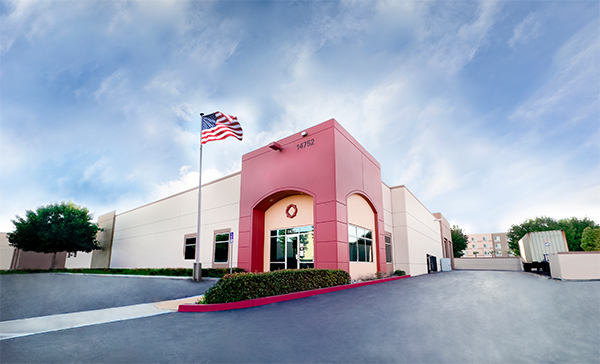

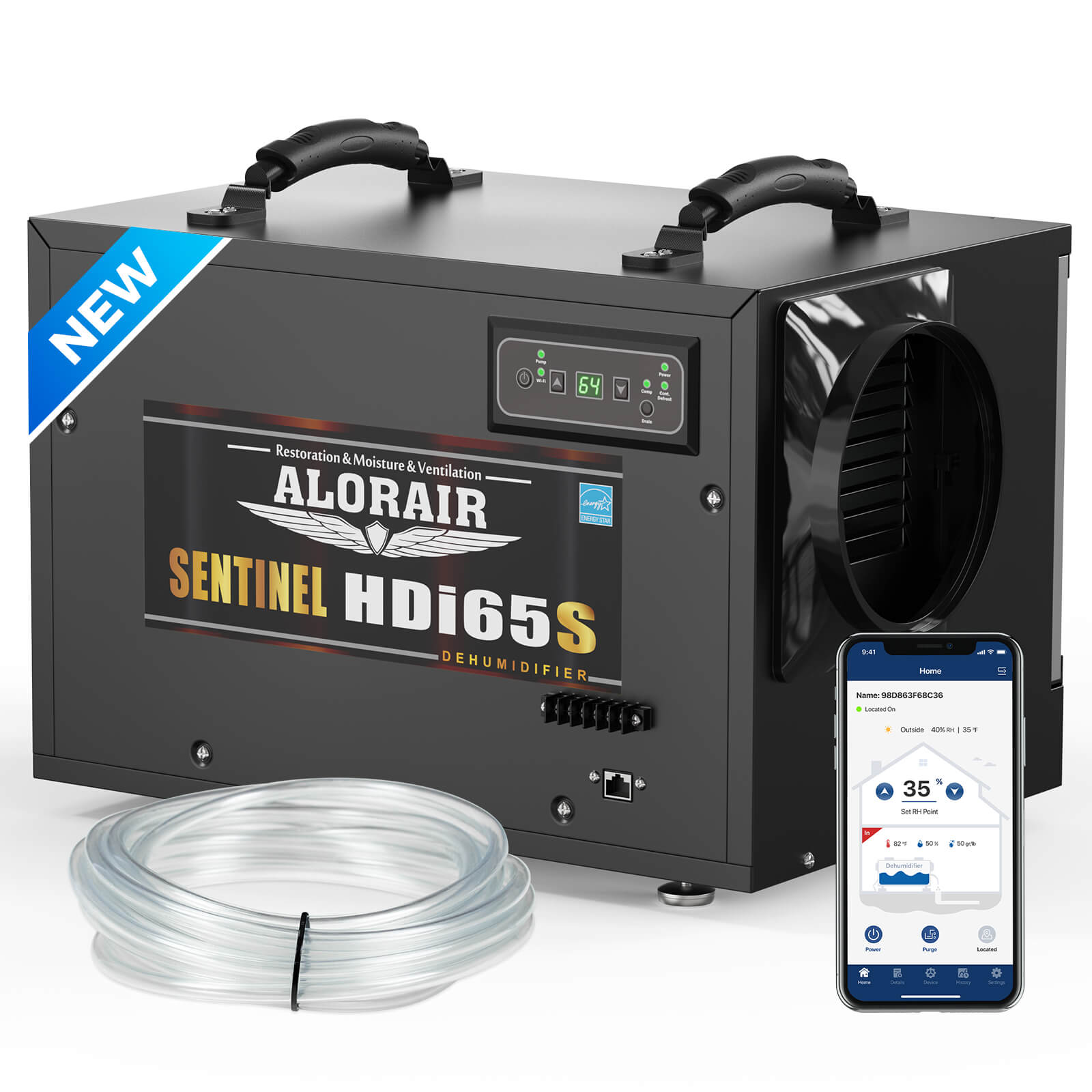
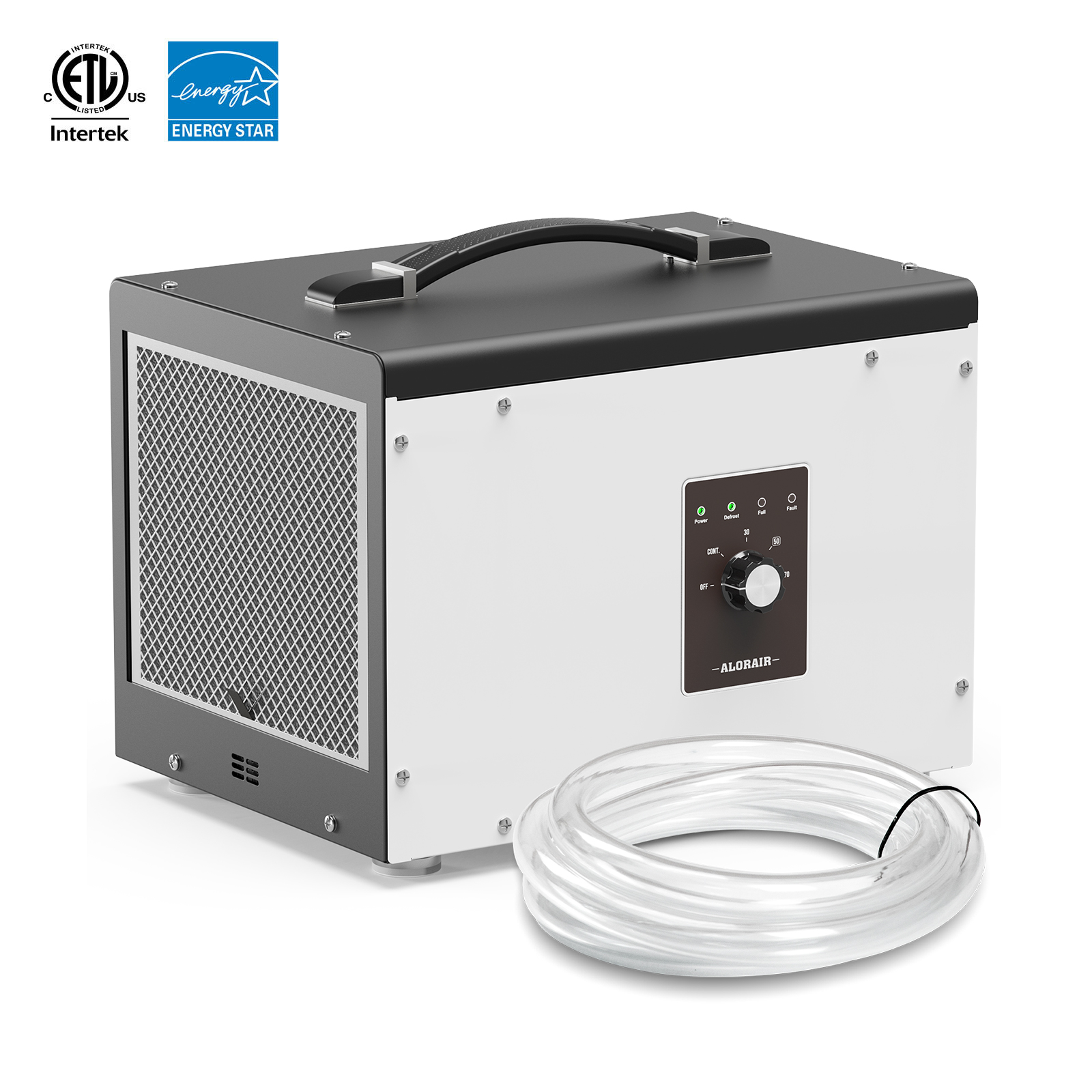
.jpg)
.jpg)
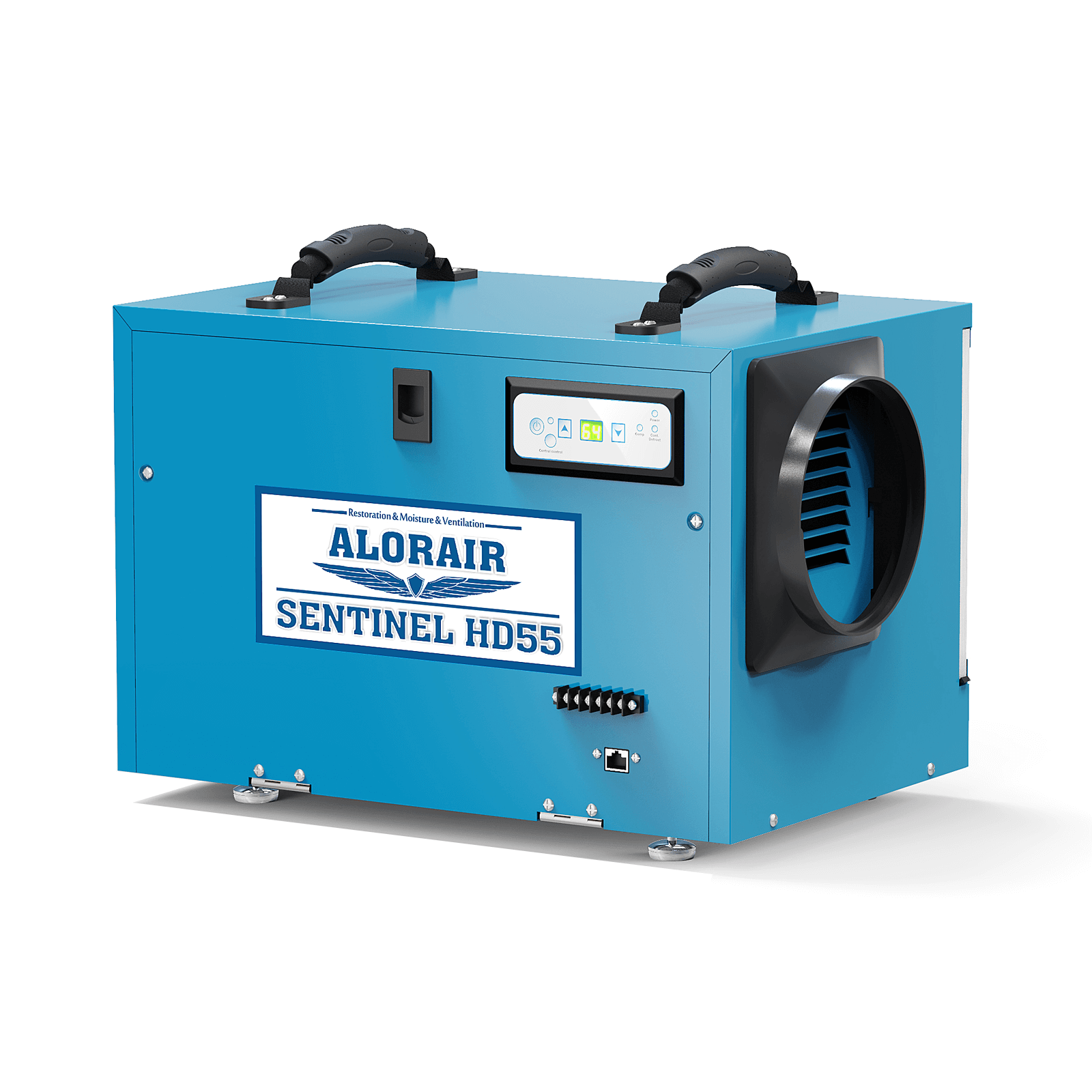
.jpg)
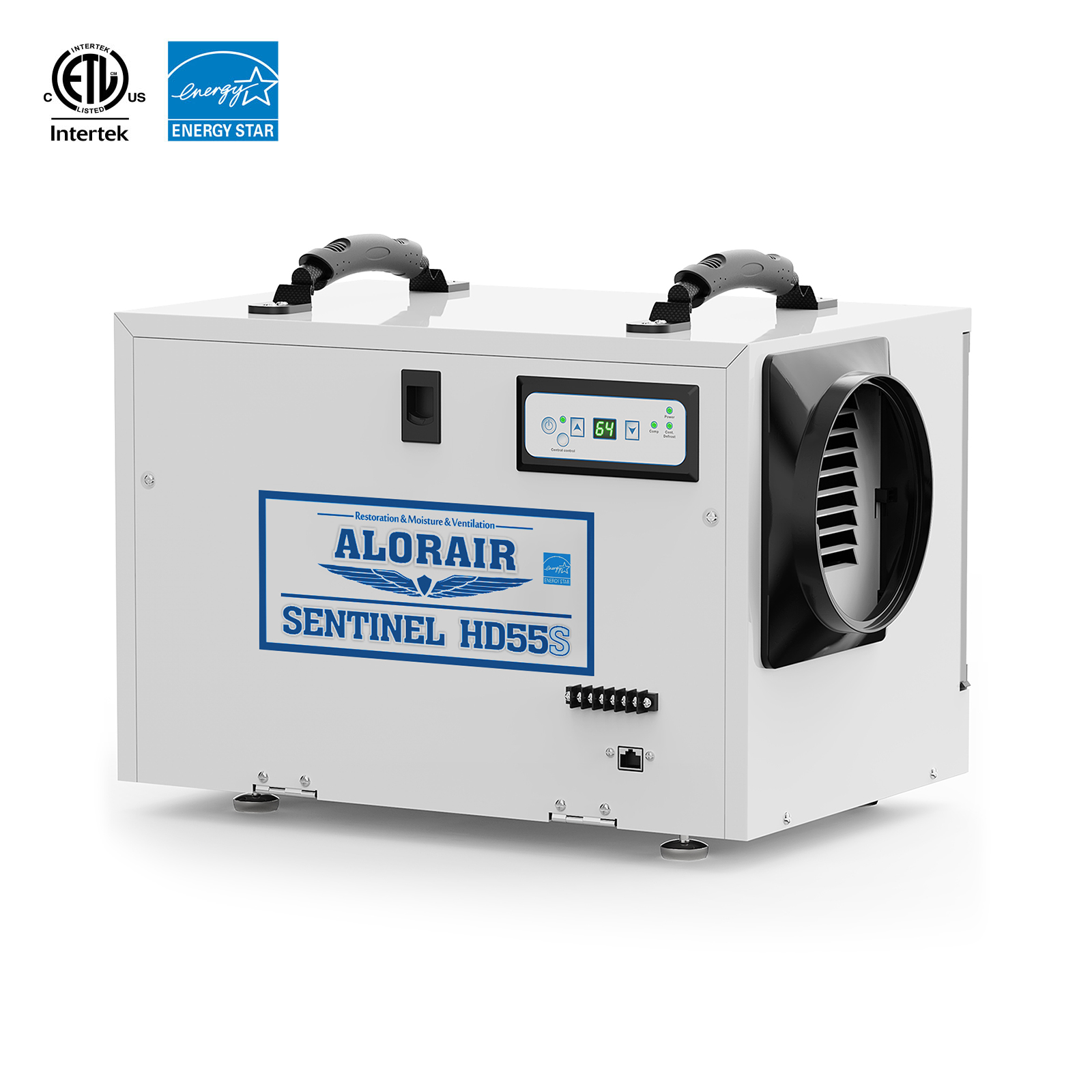
.HDi90.png)
.HD90.png)
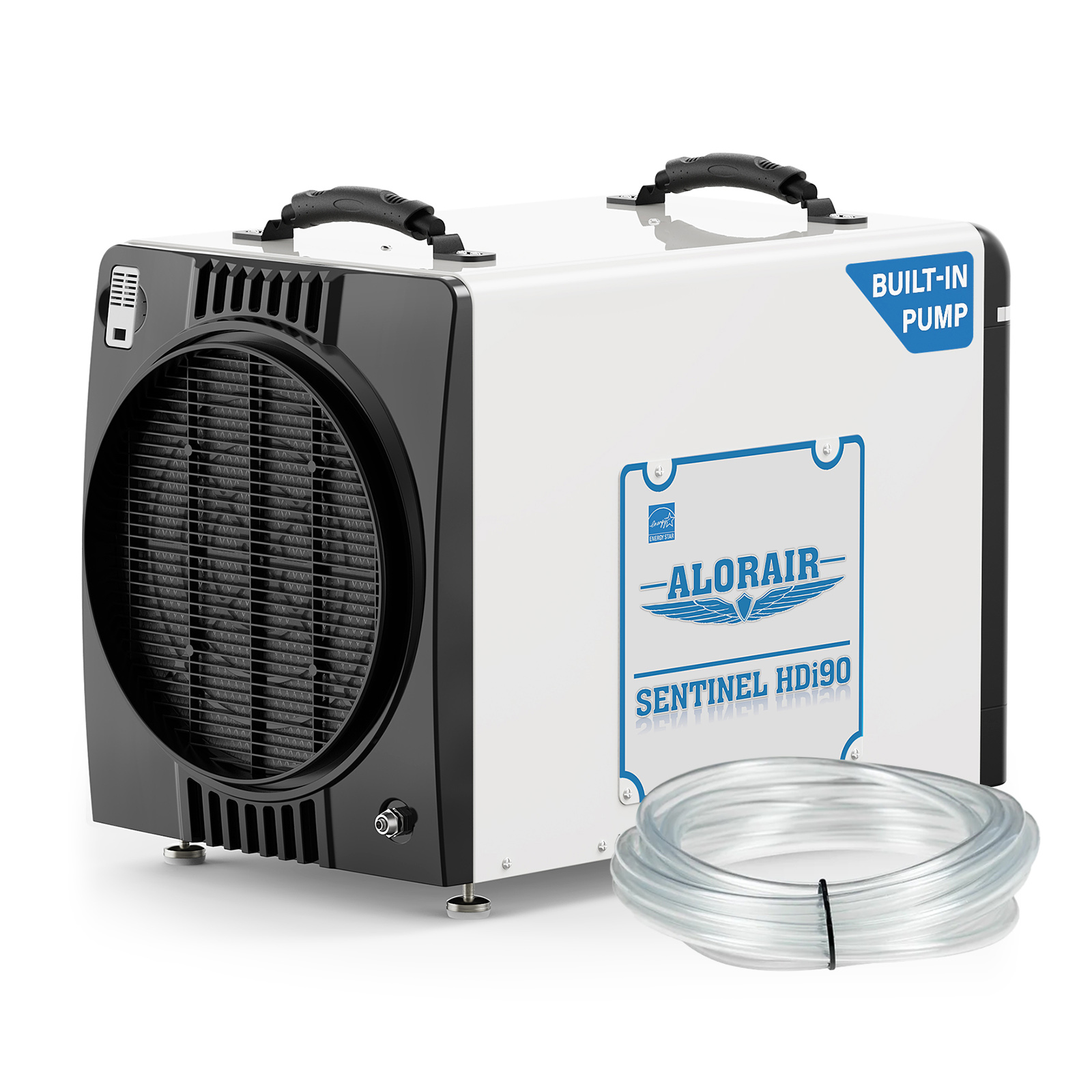
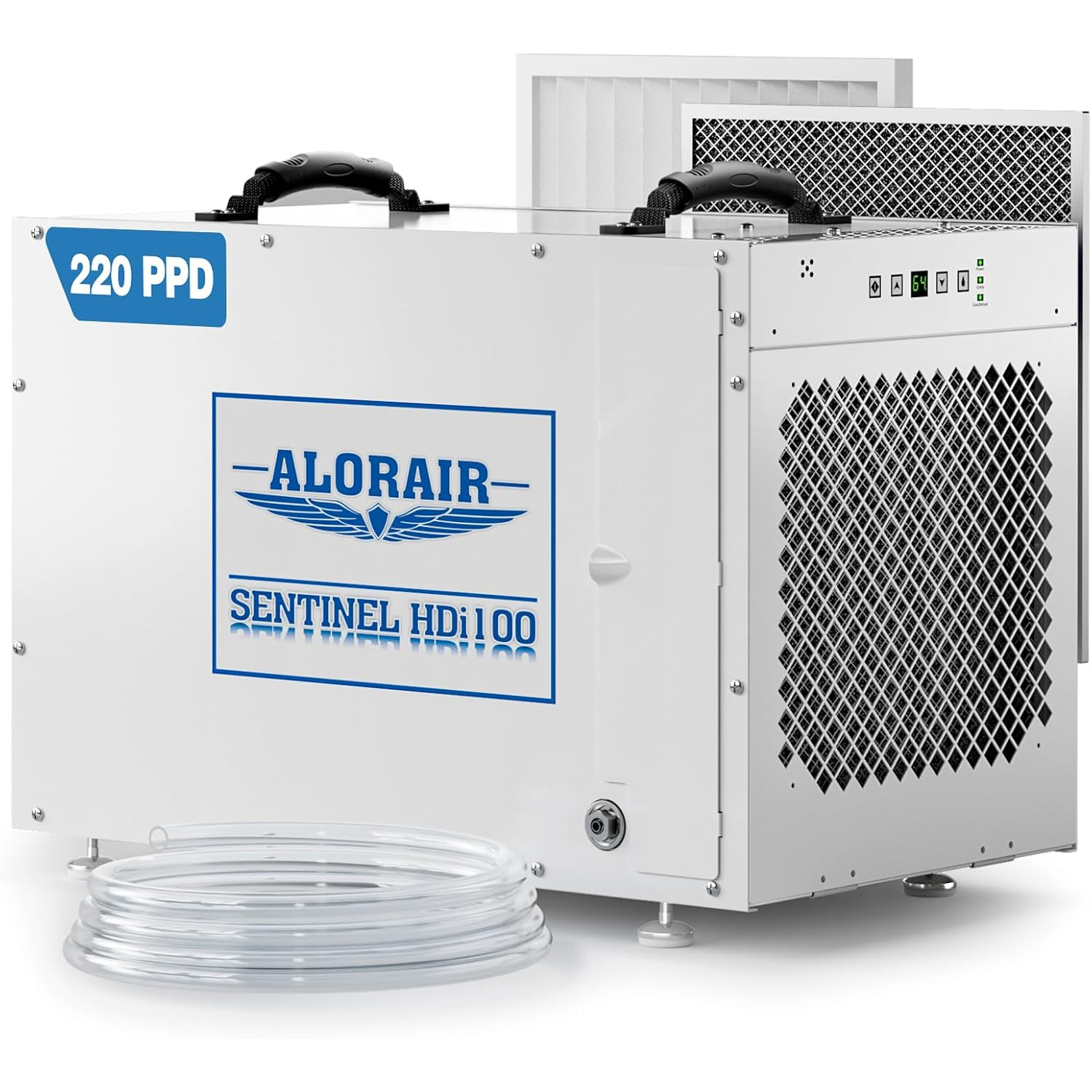
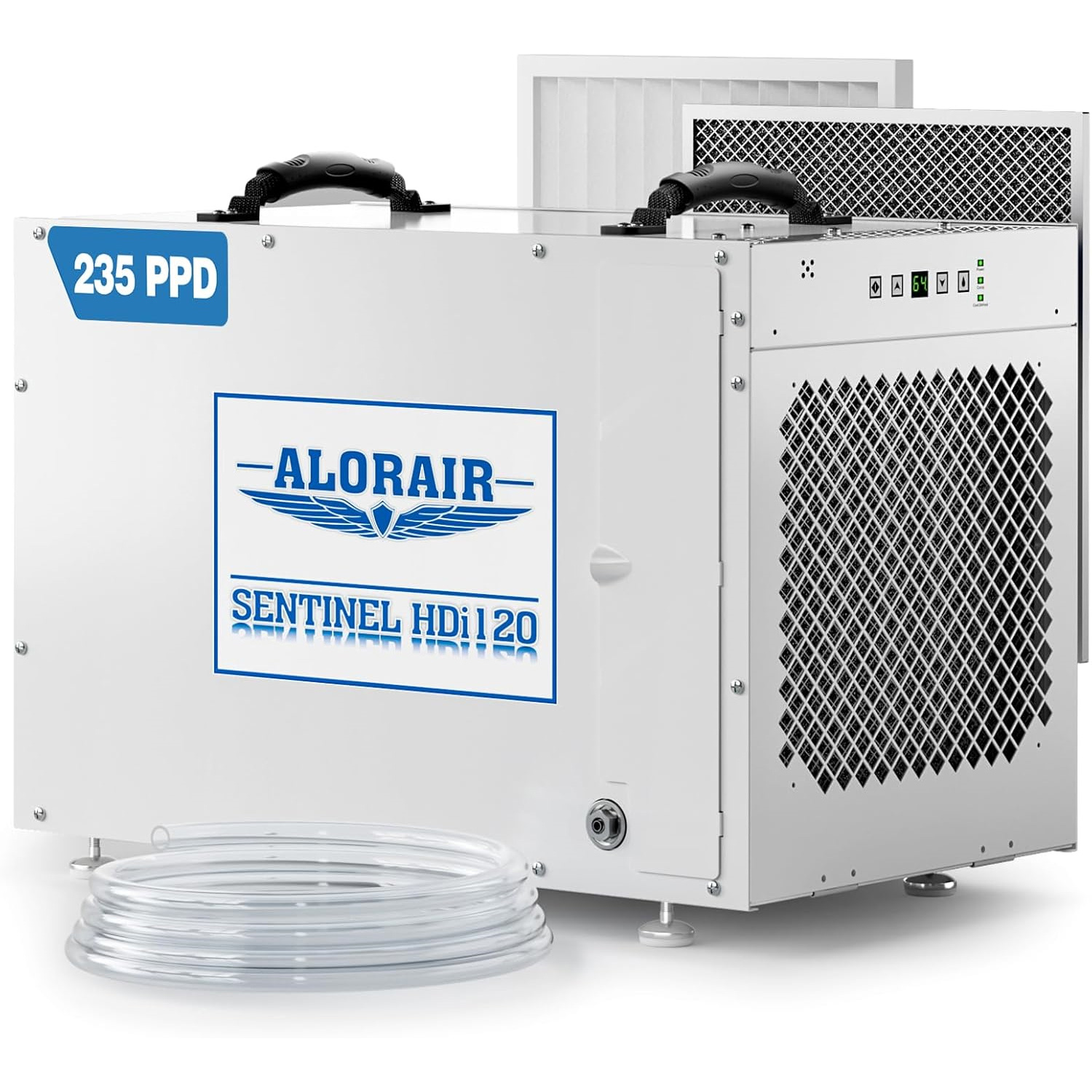
.jpg)
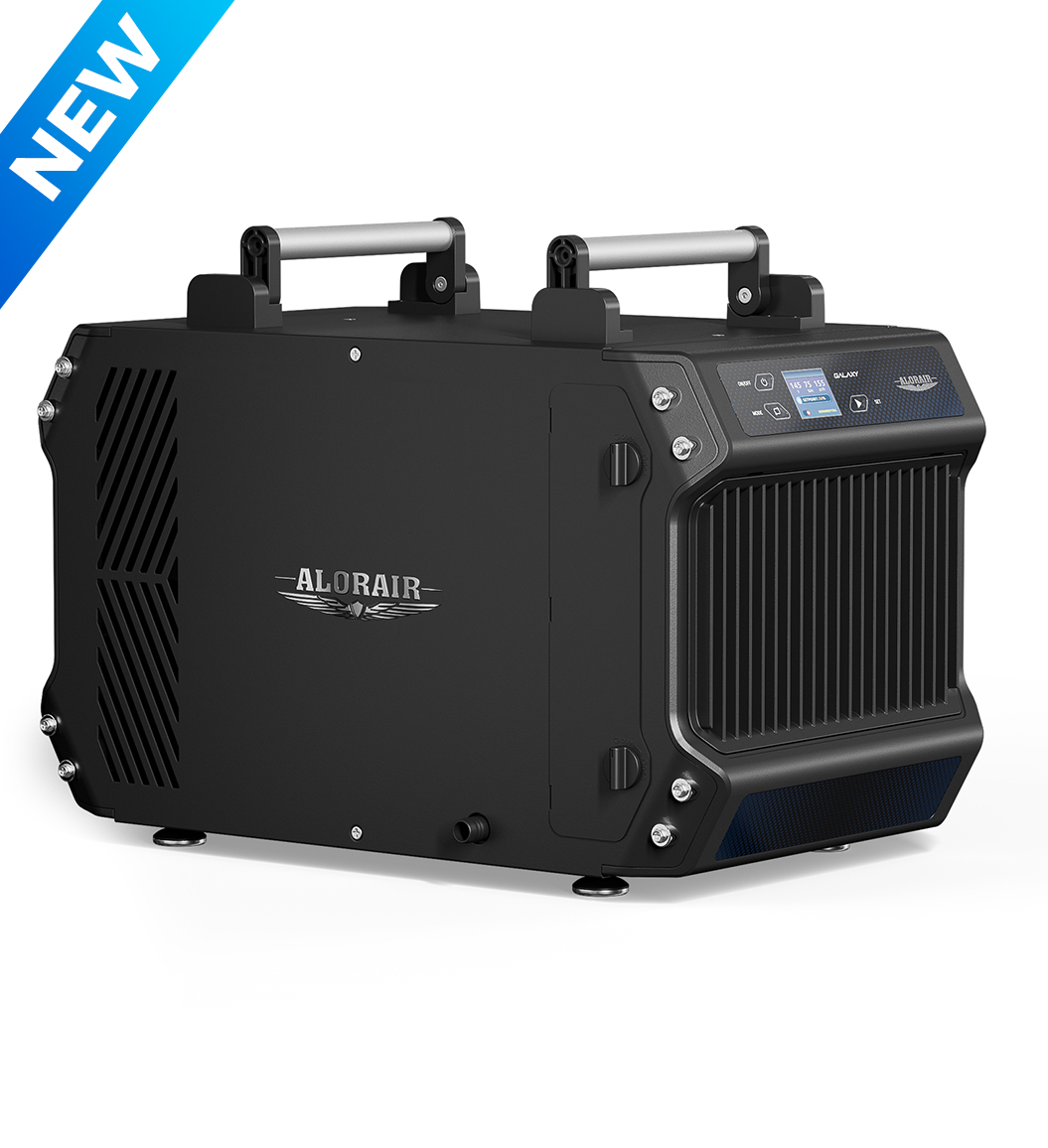
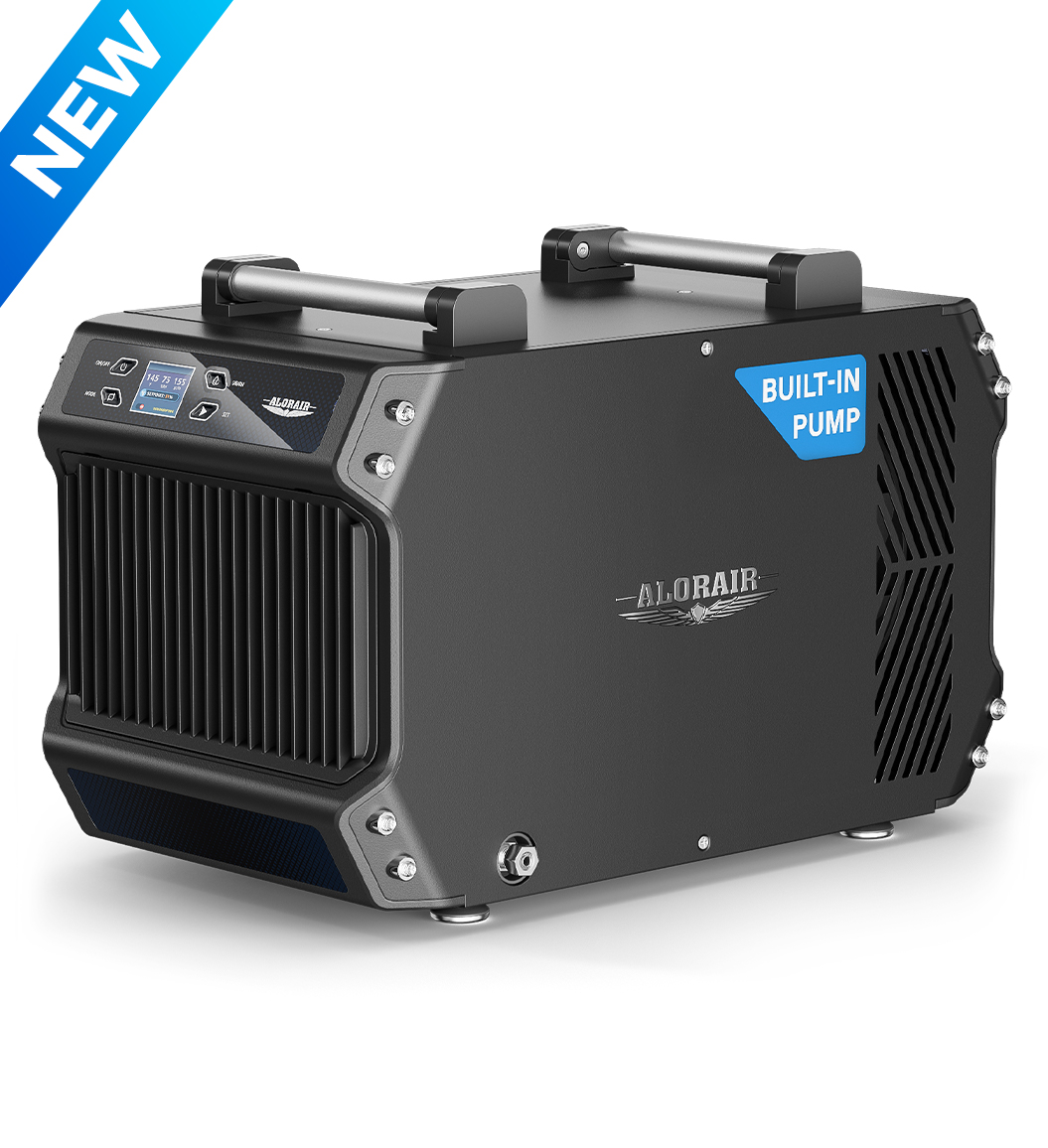
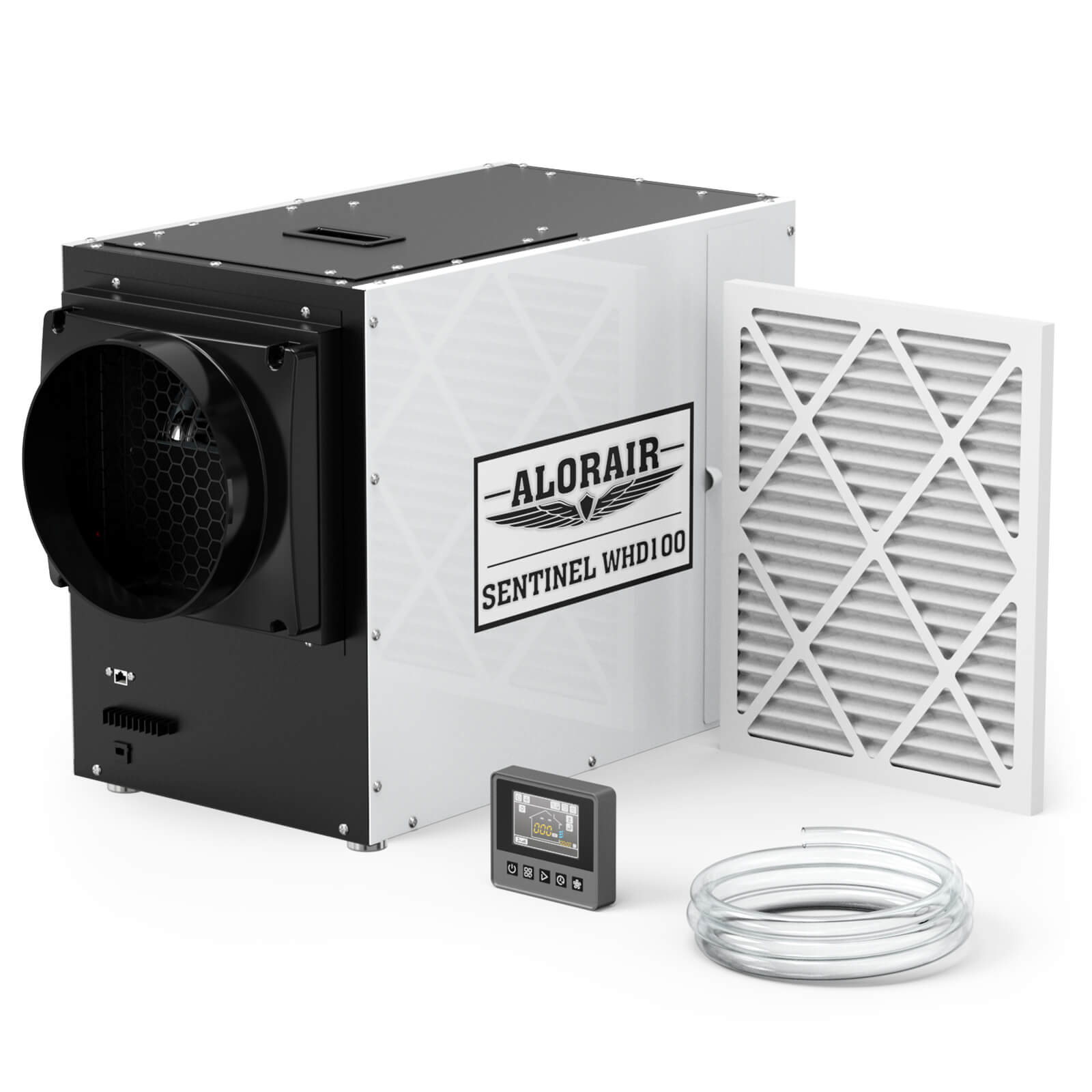
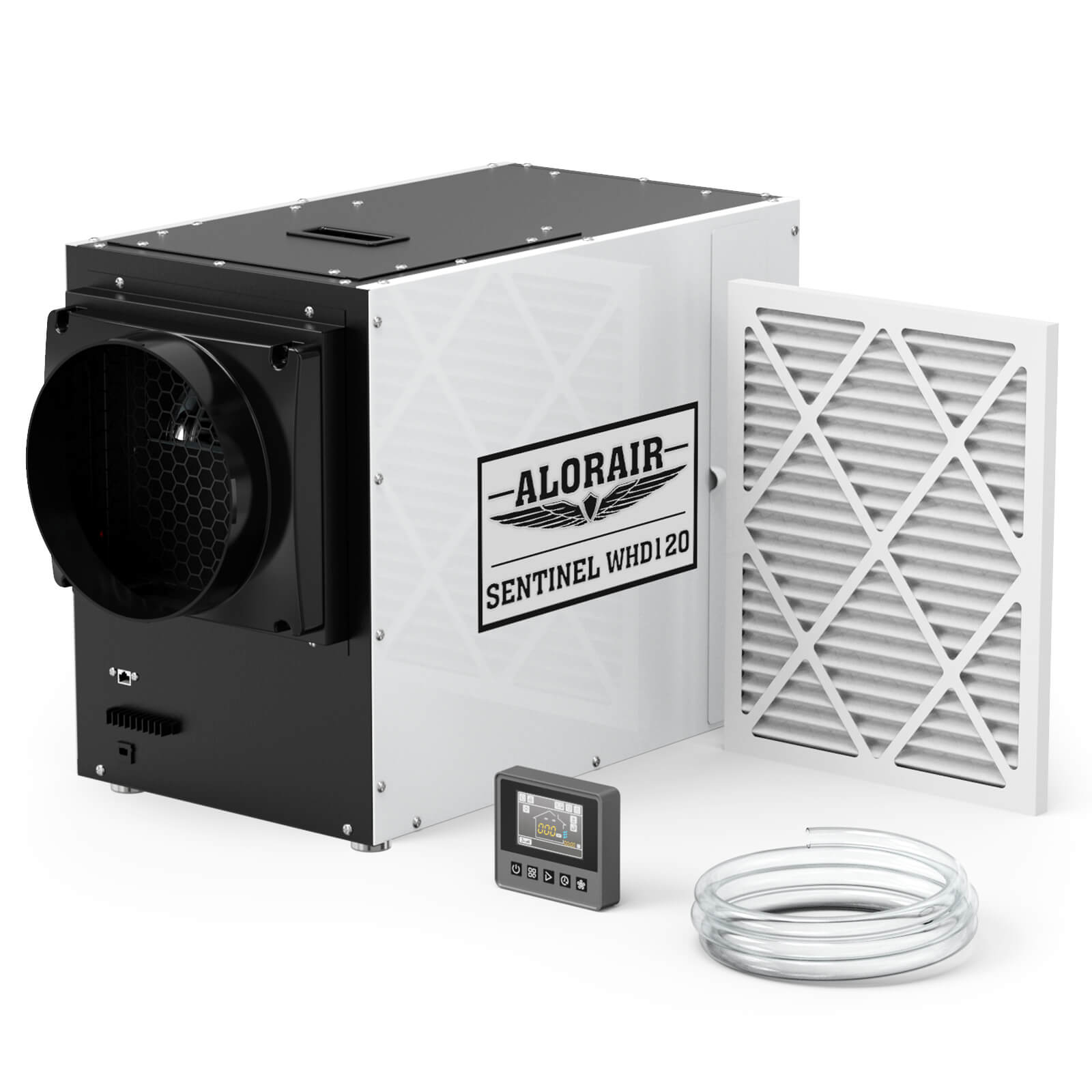
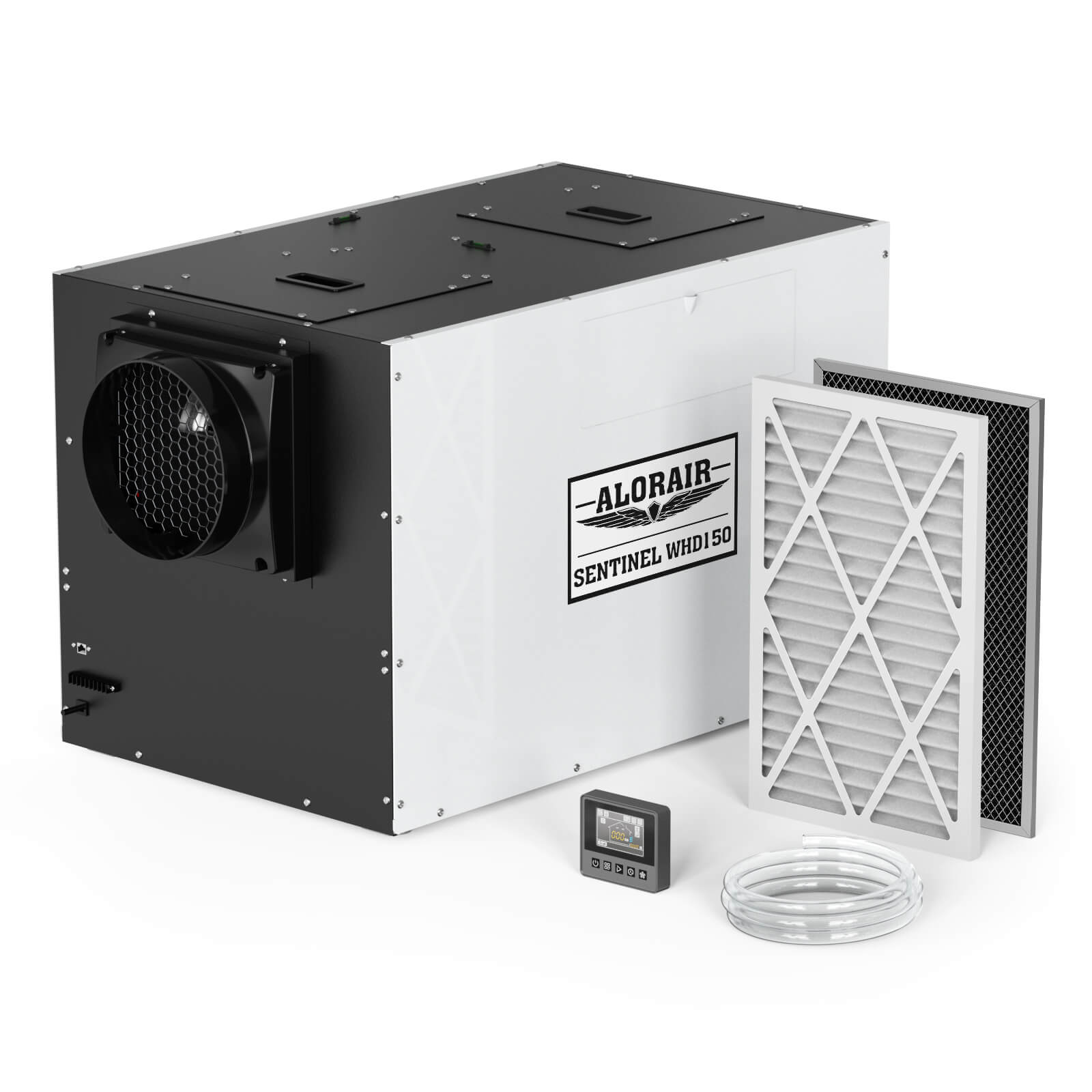
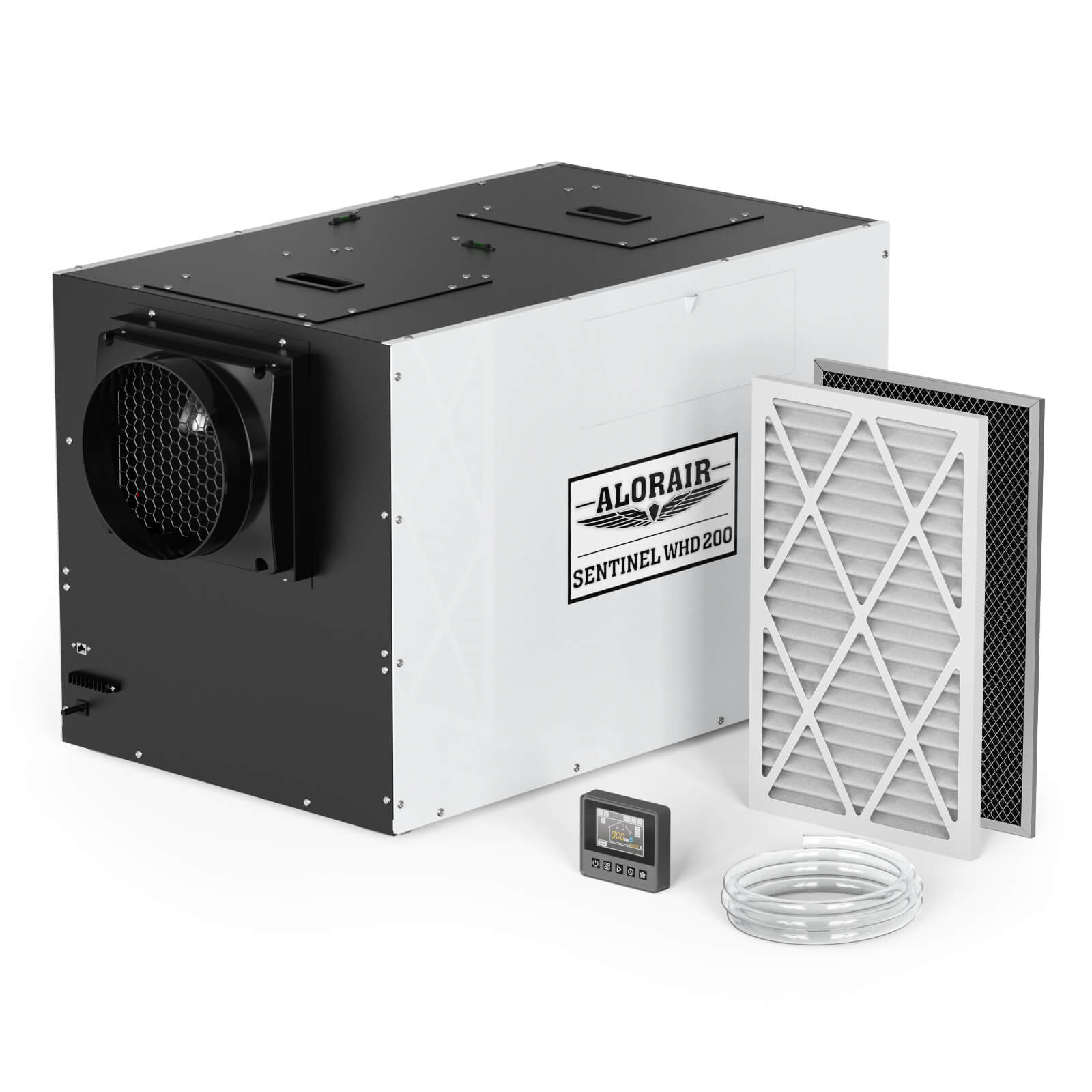
.jpg)
.jpg)
.jpg)
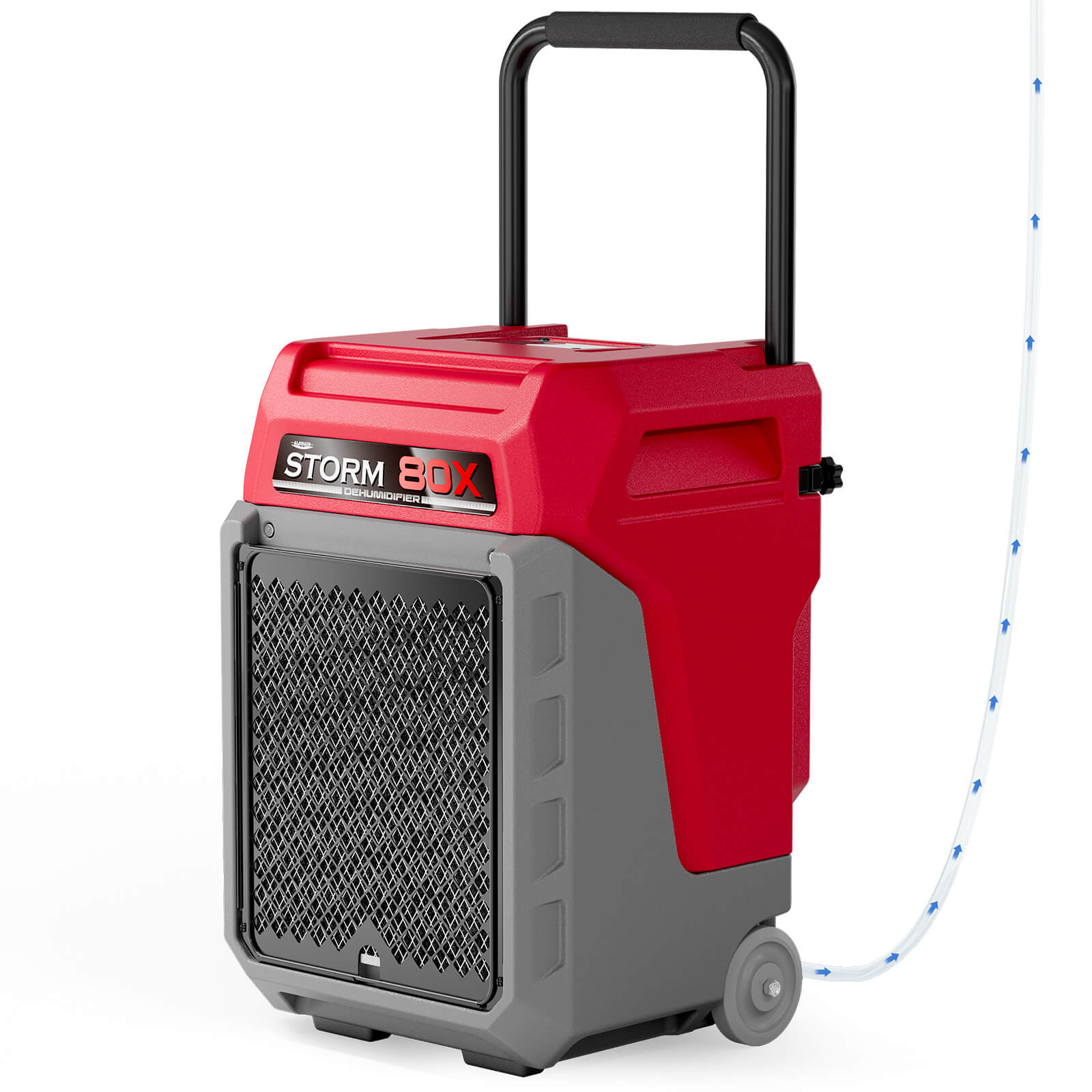


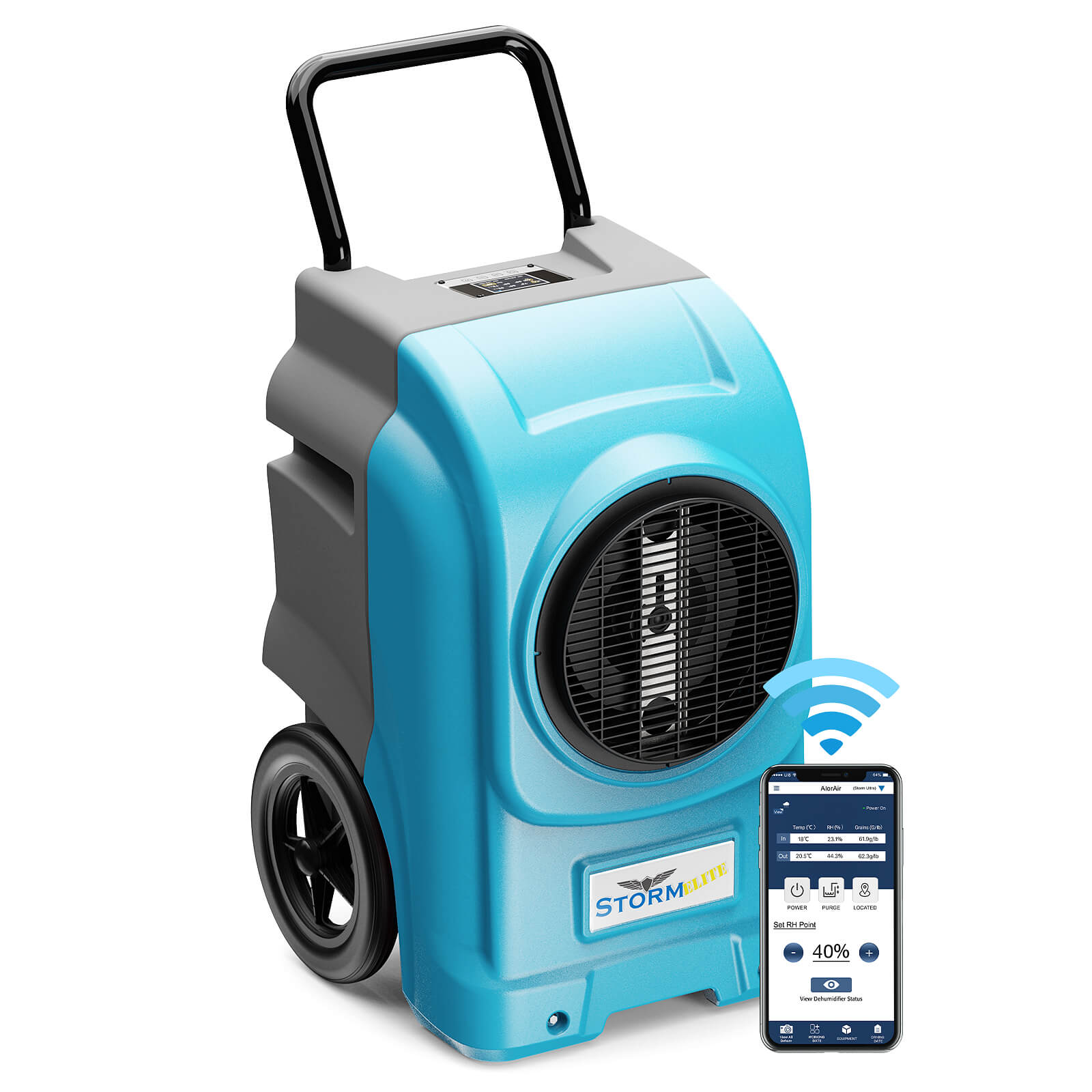
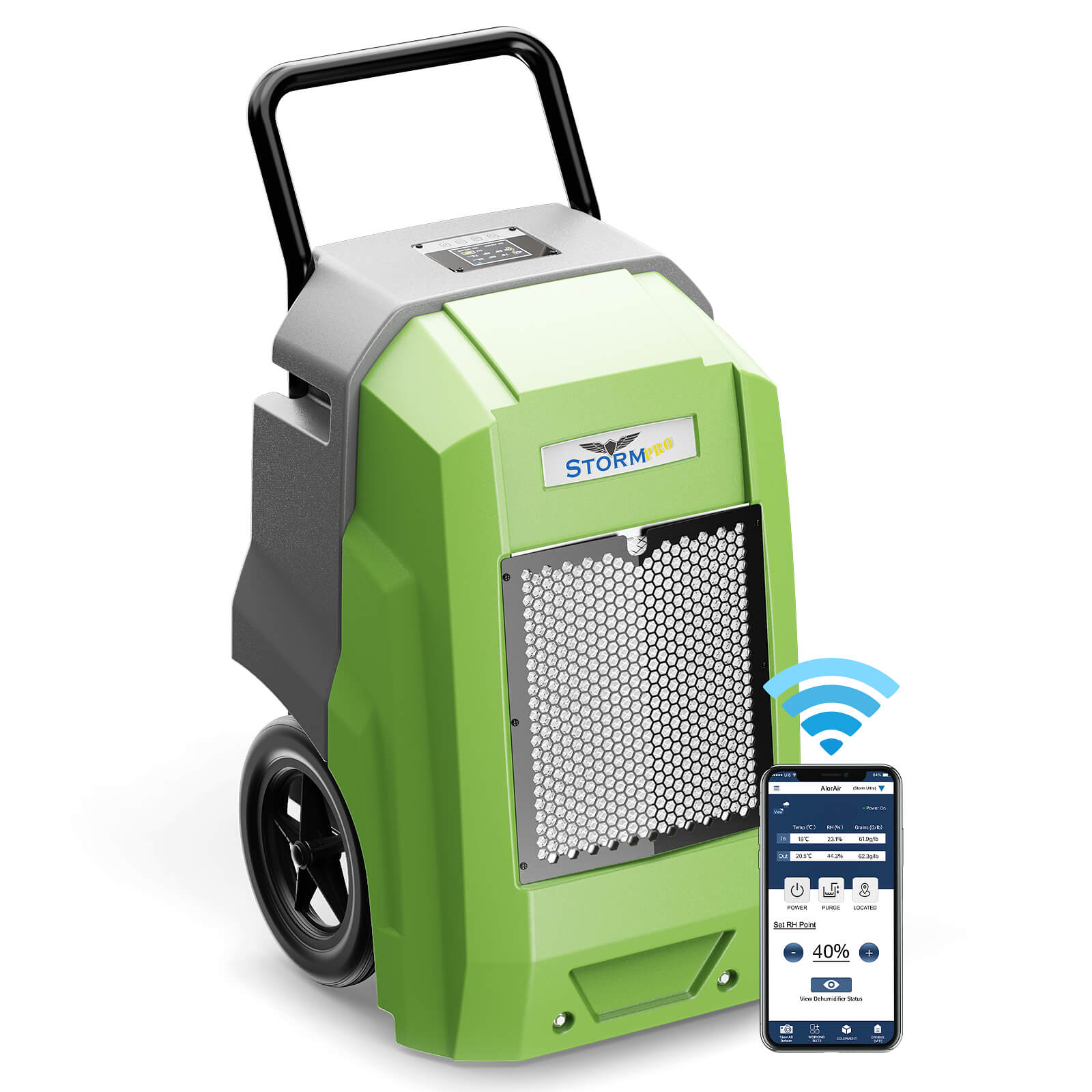
.jpg)
.jpg)


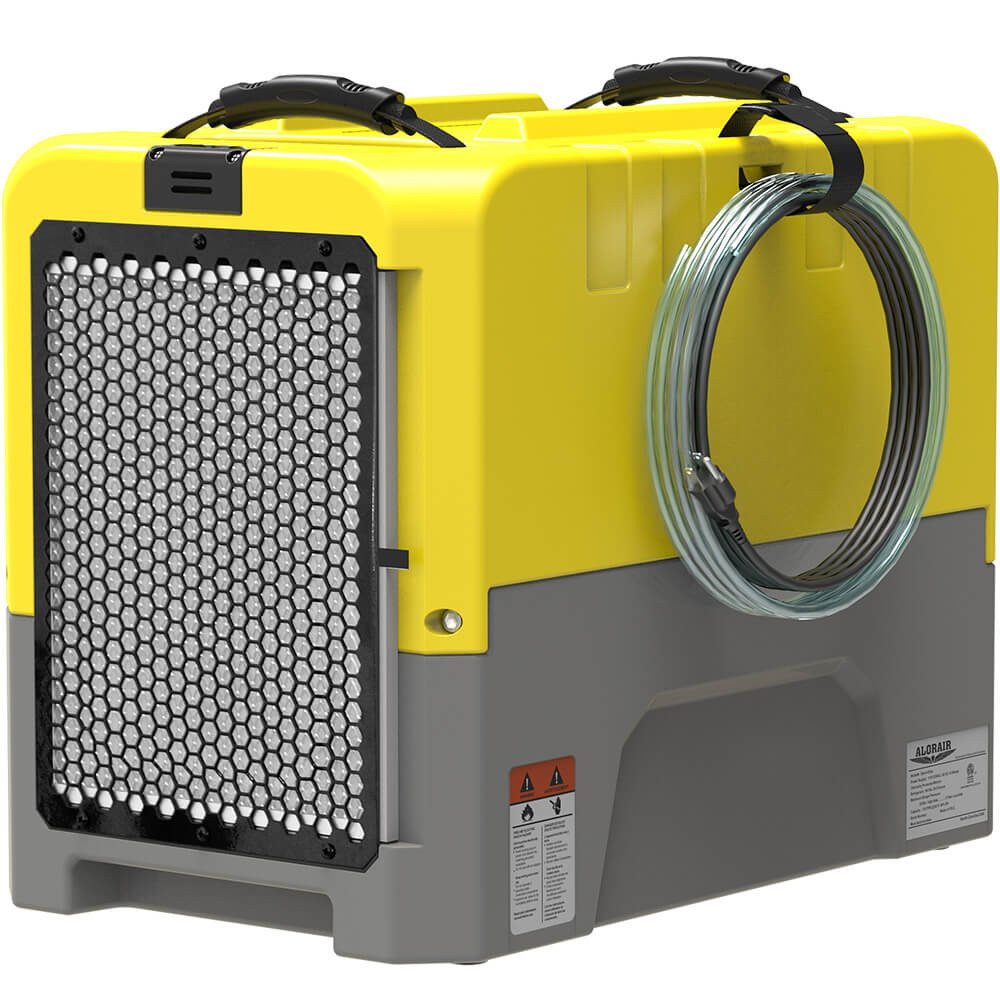
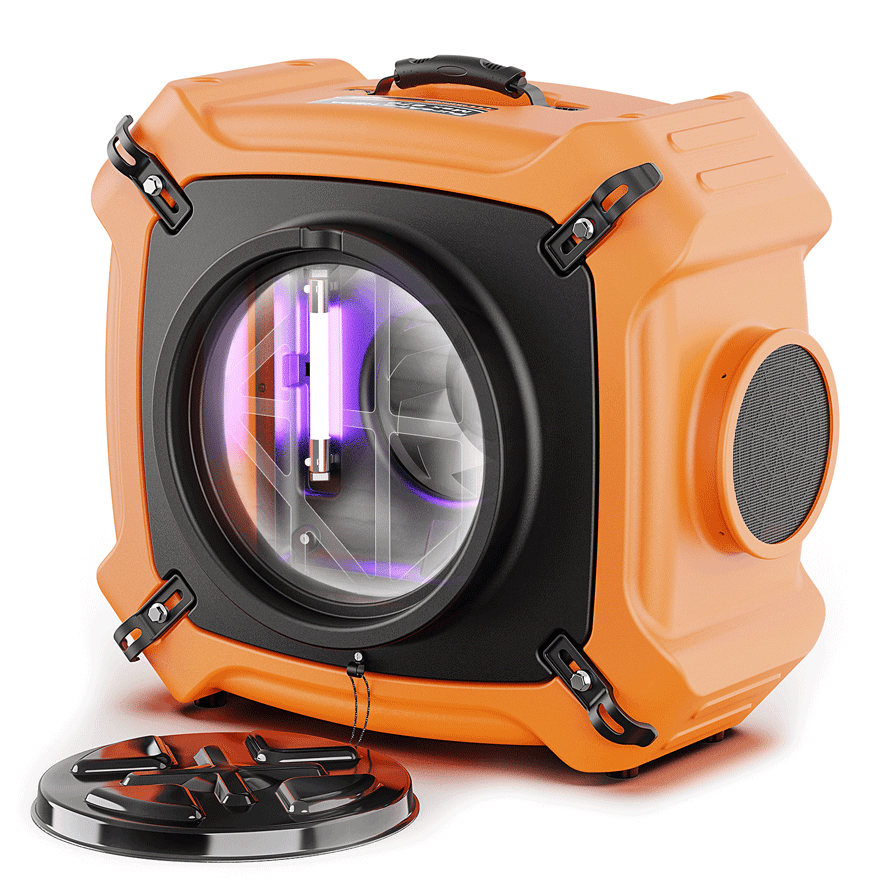
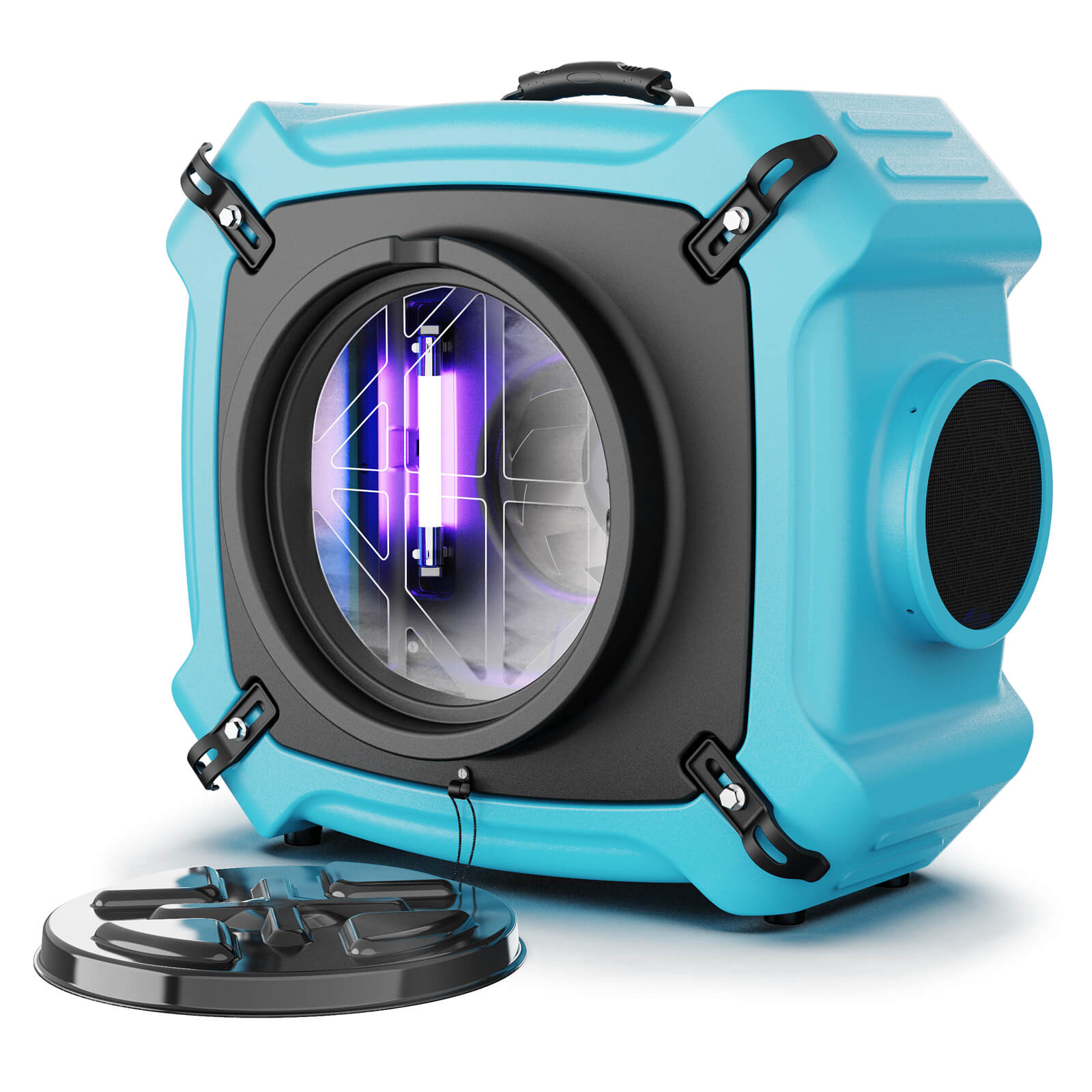
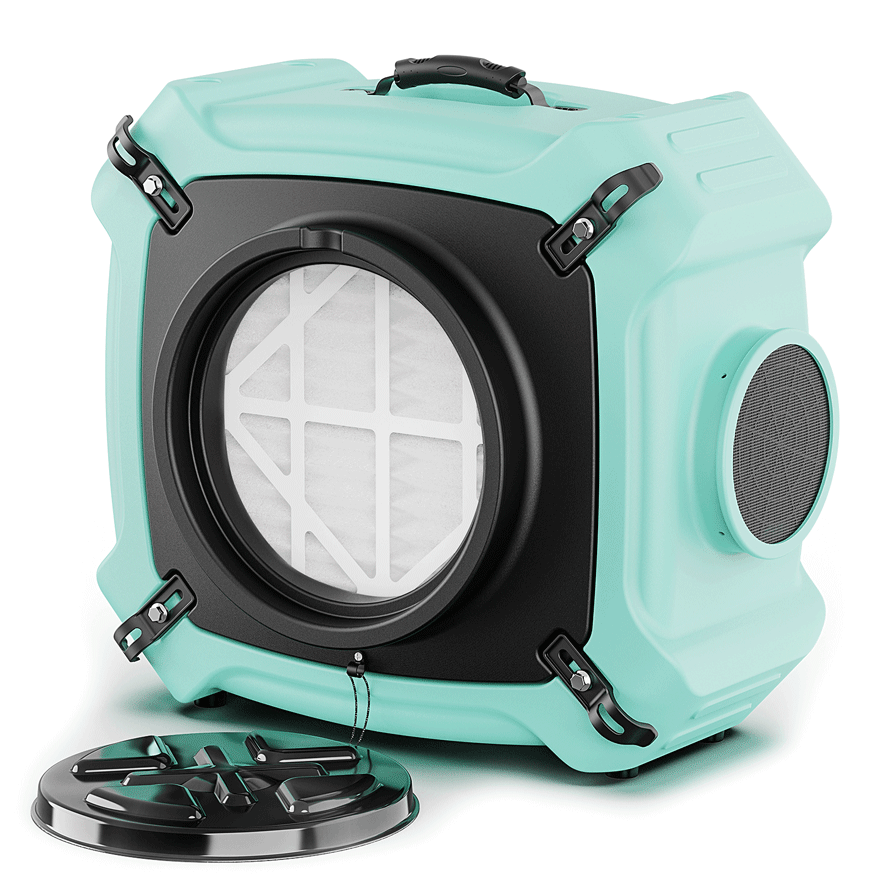
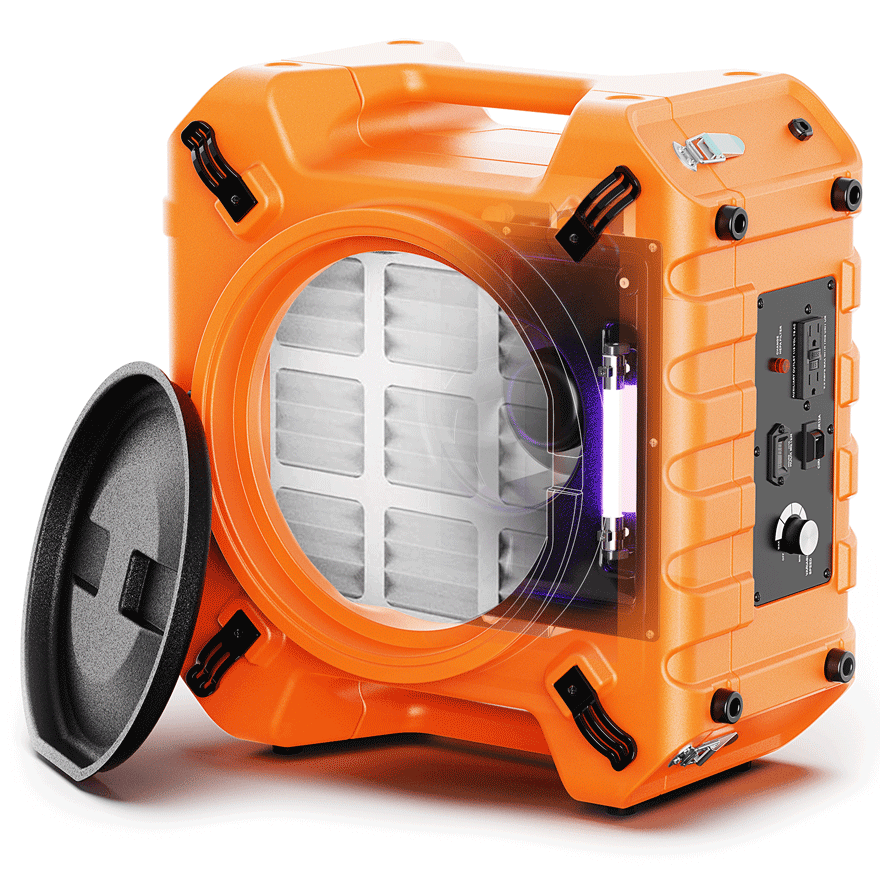
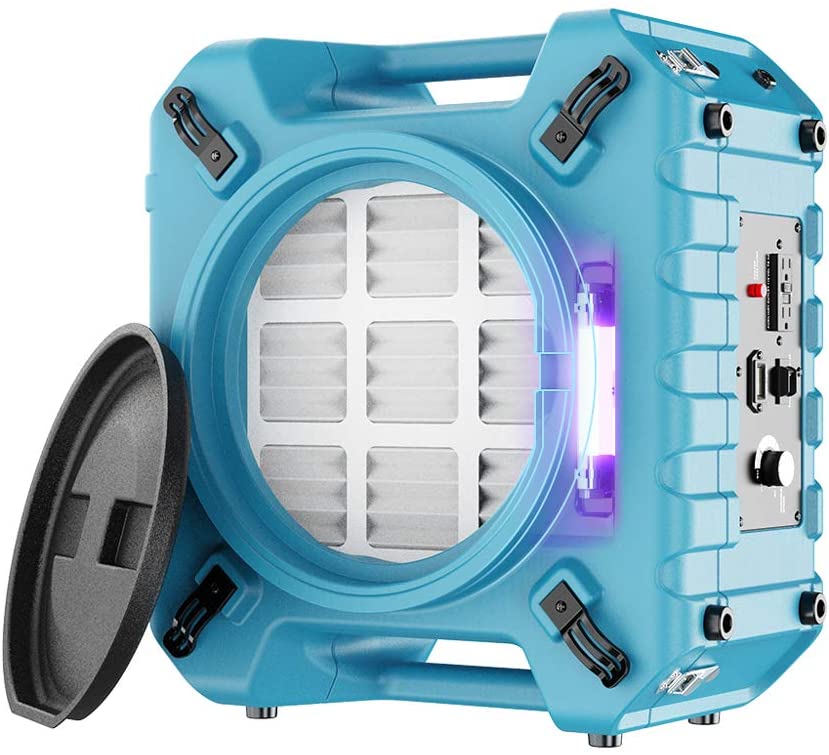
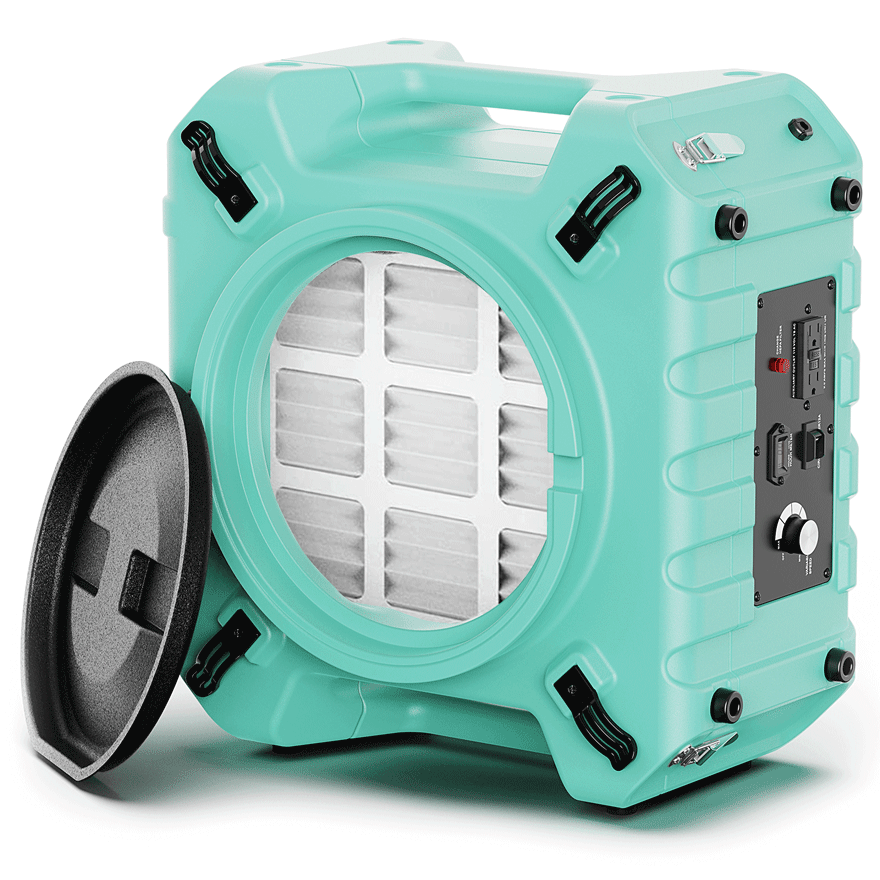
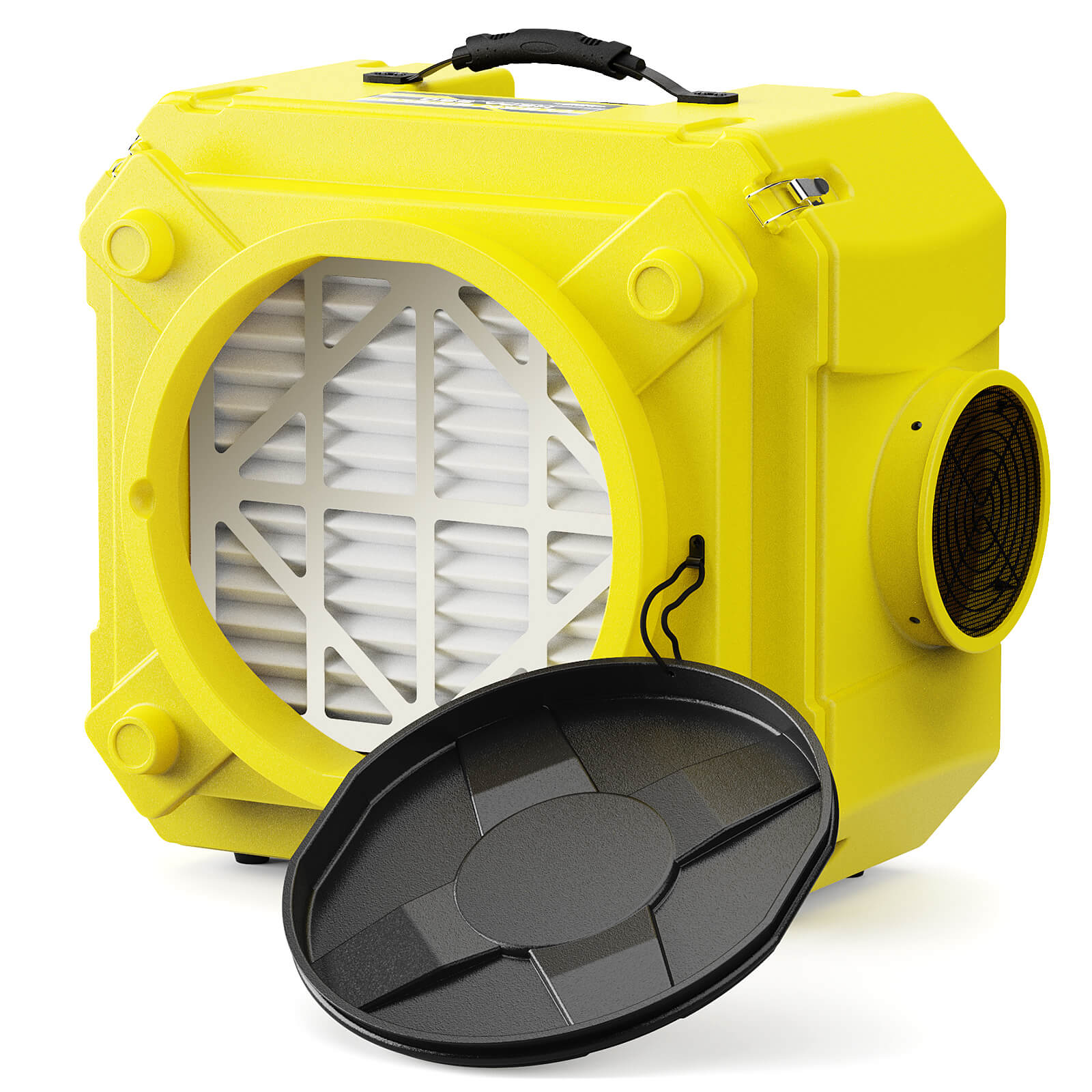
.jpg)
.jpg)
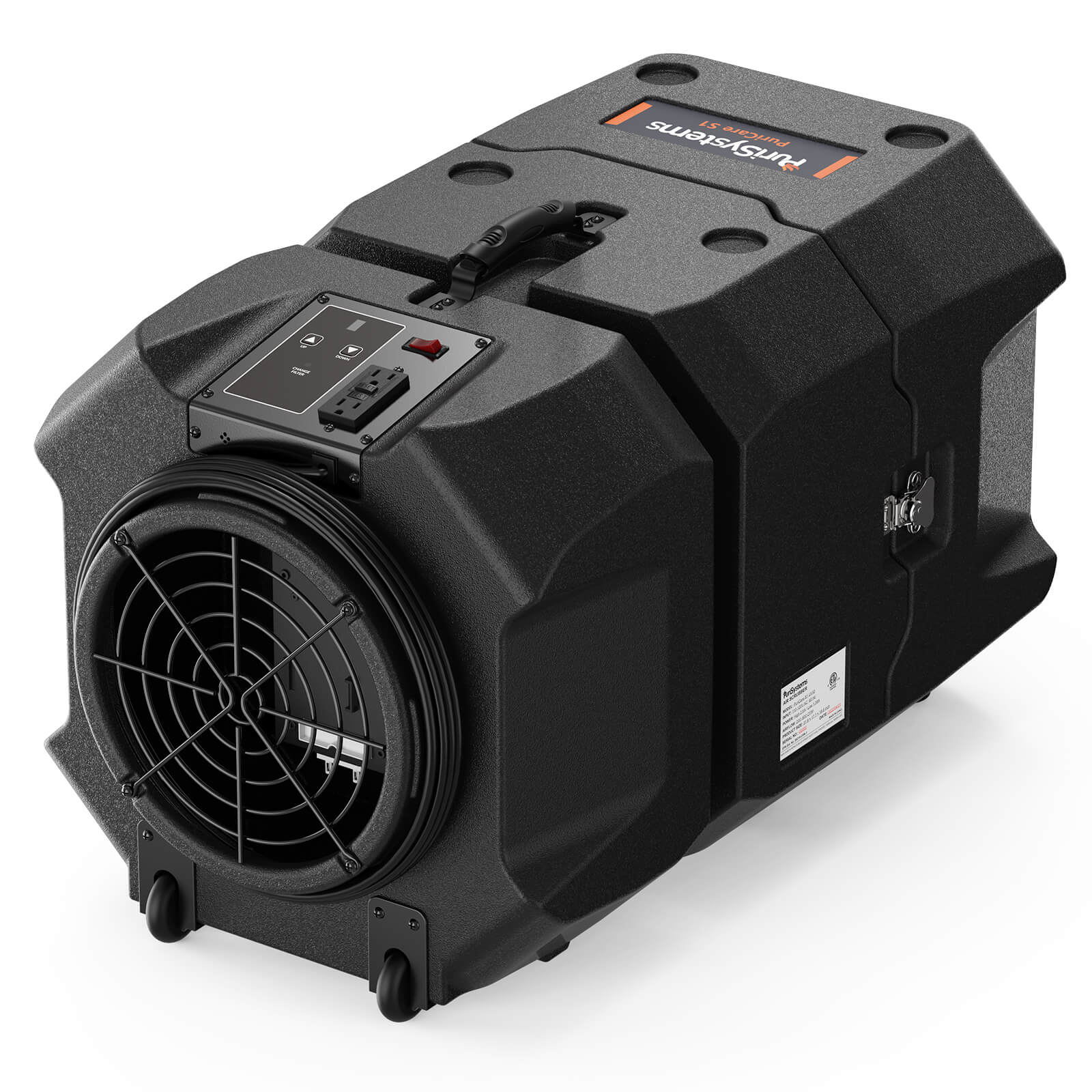
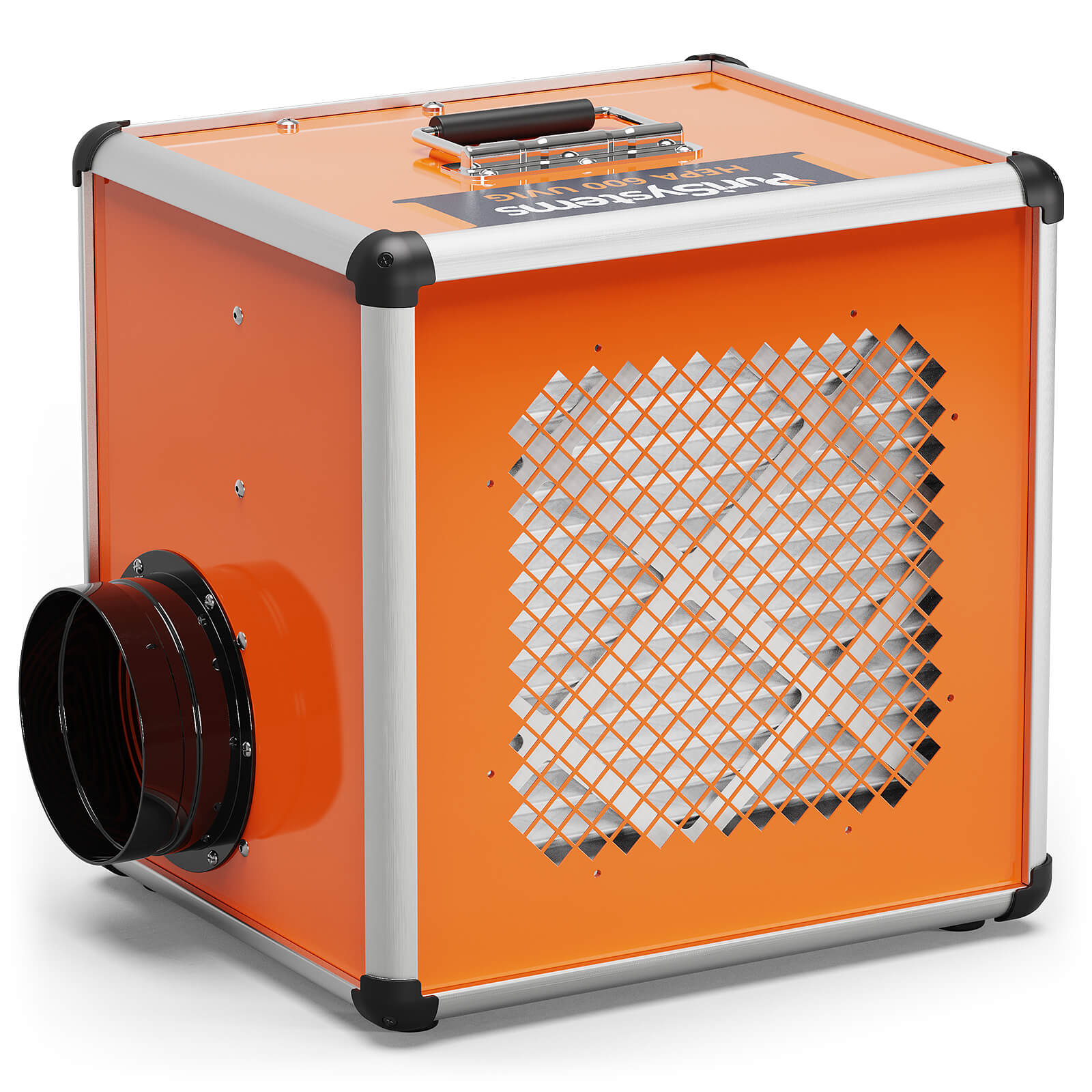
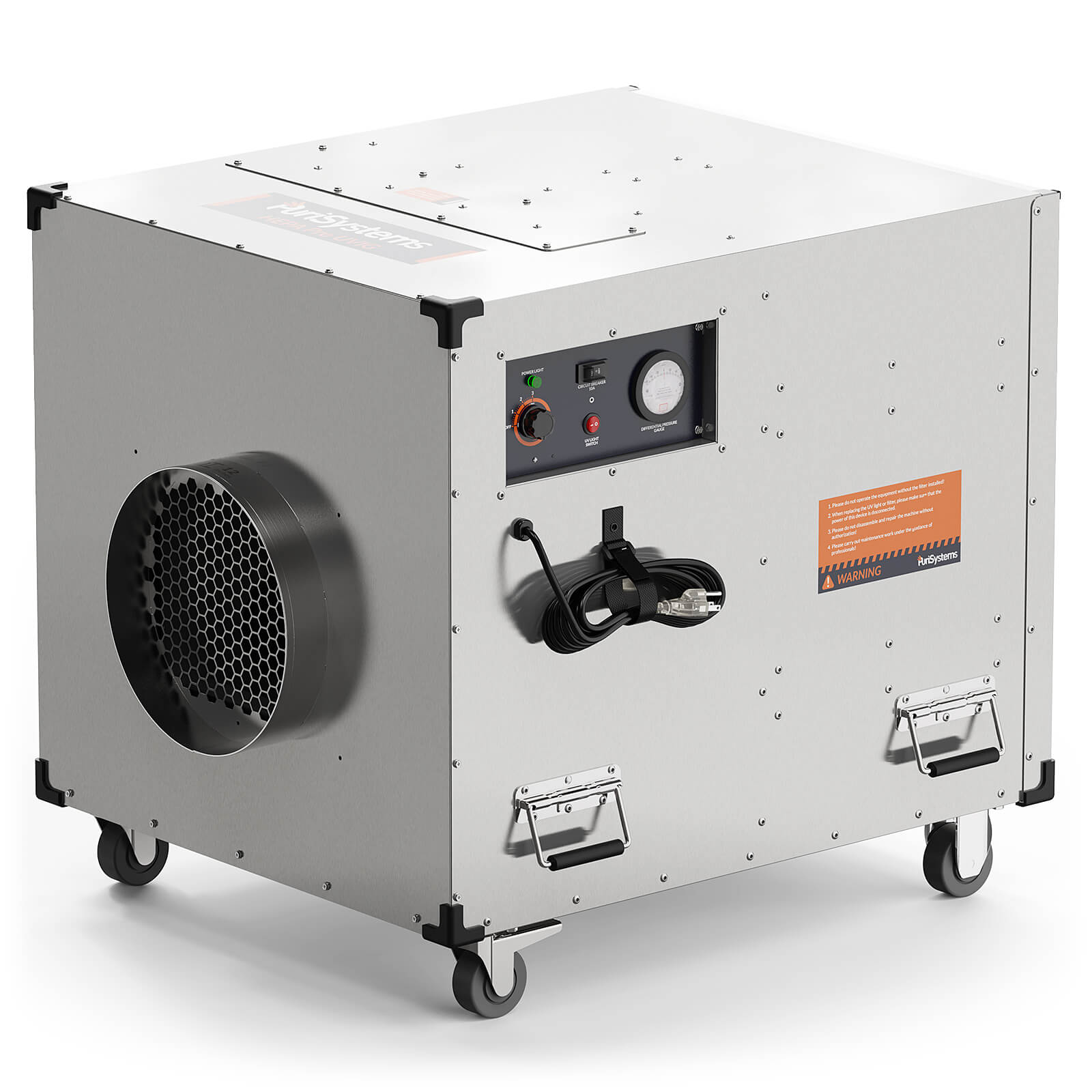
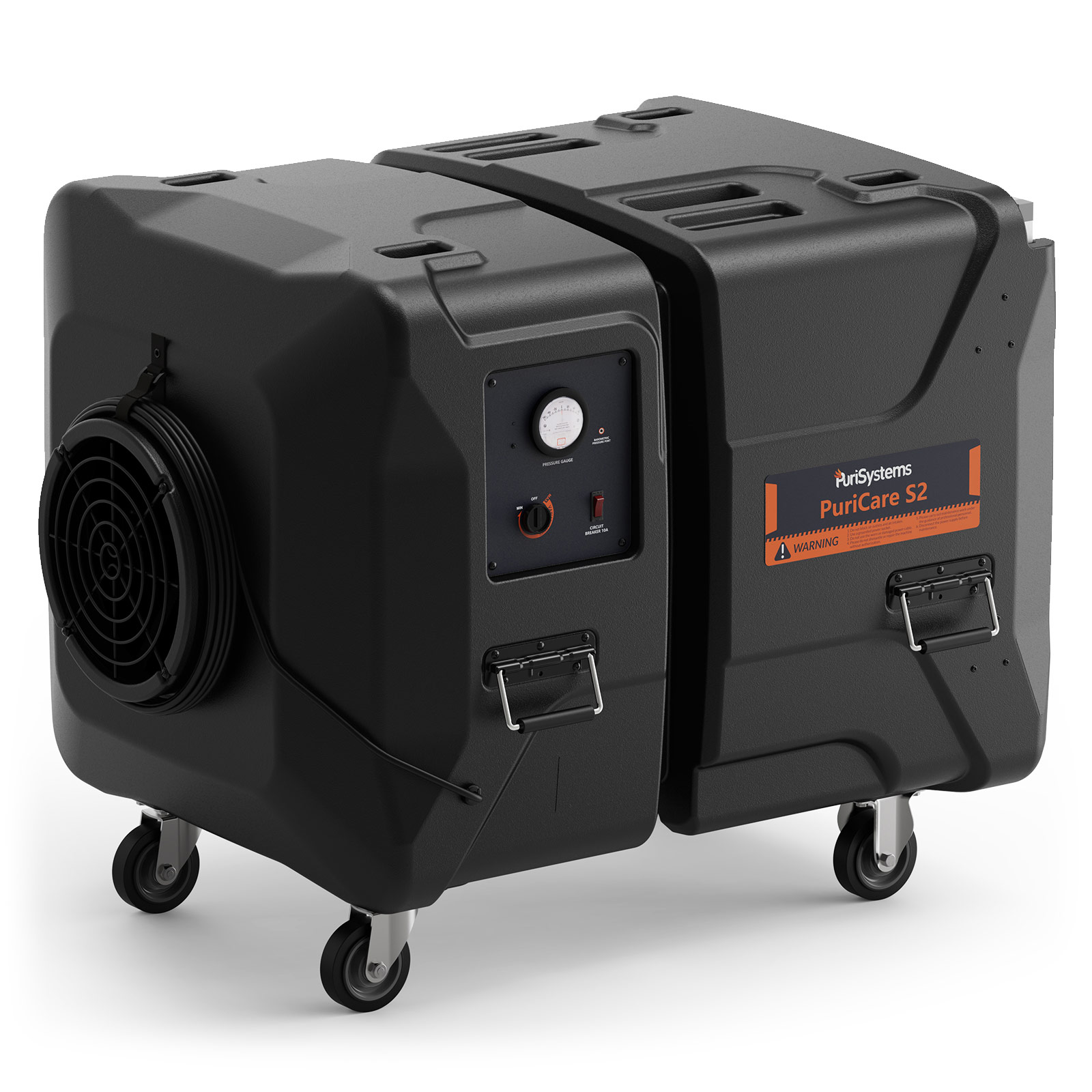
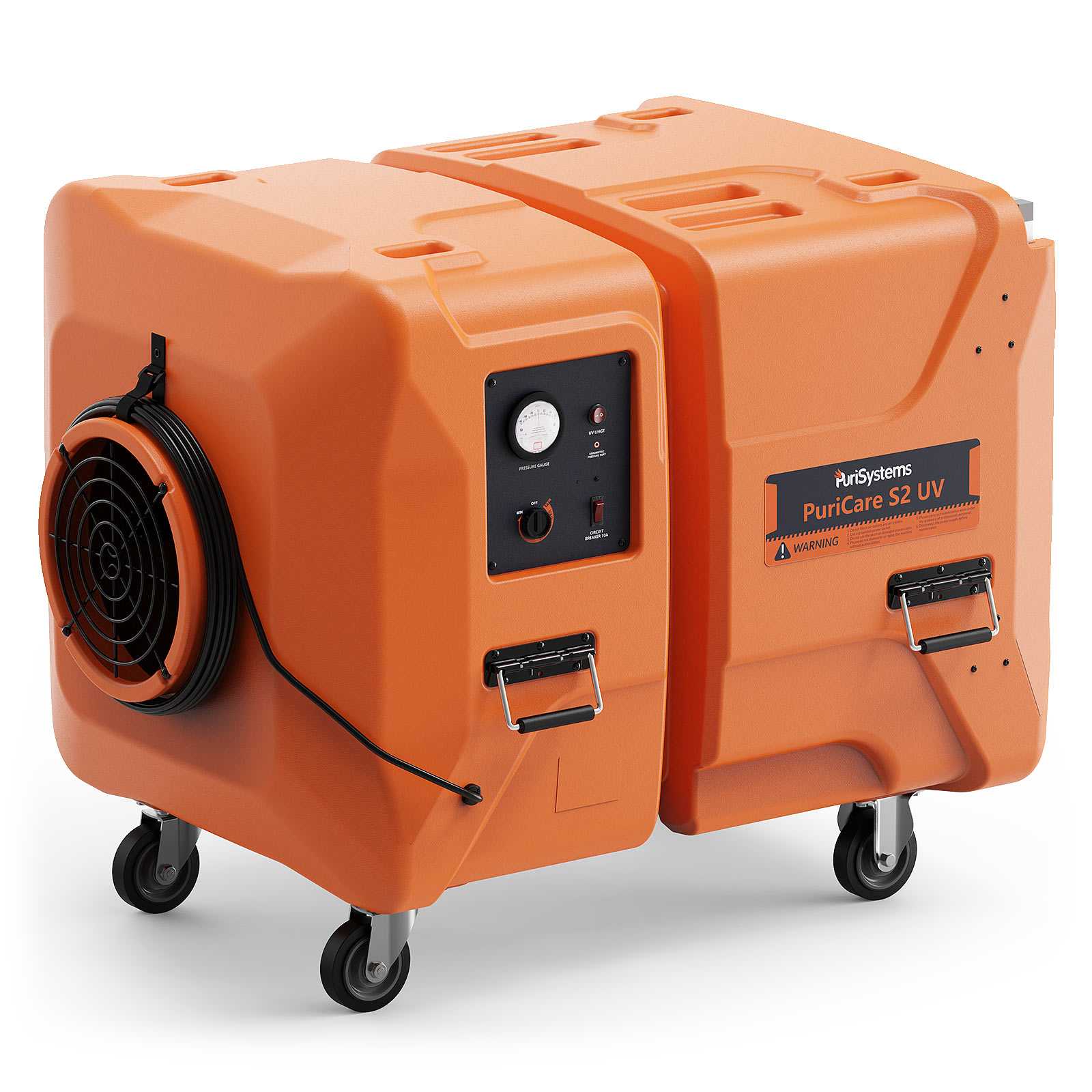
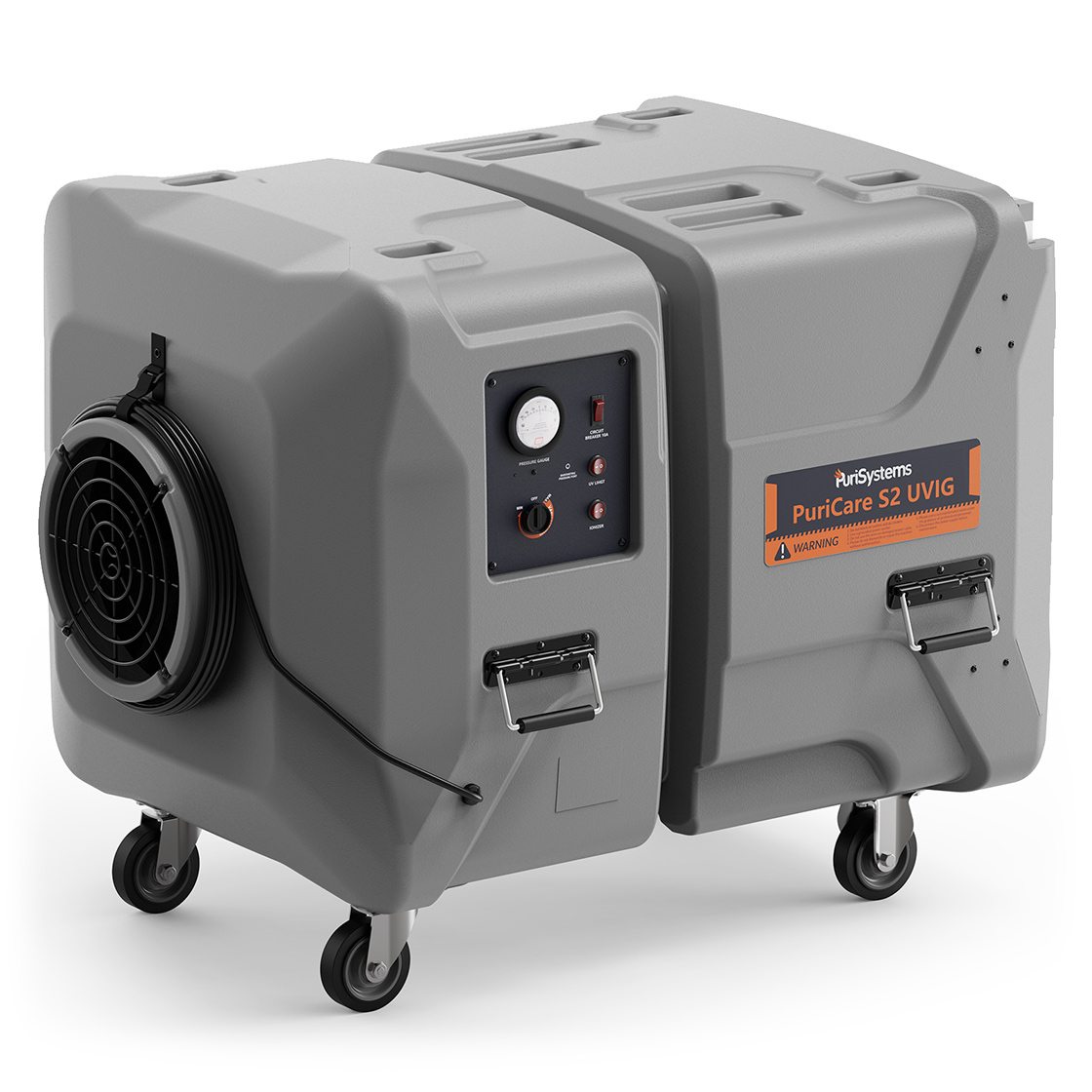
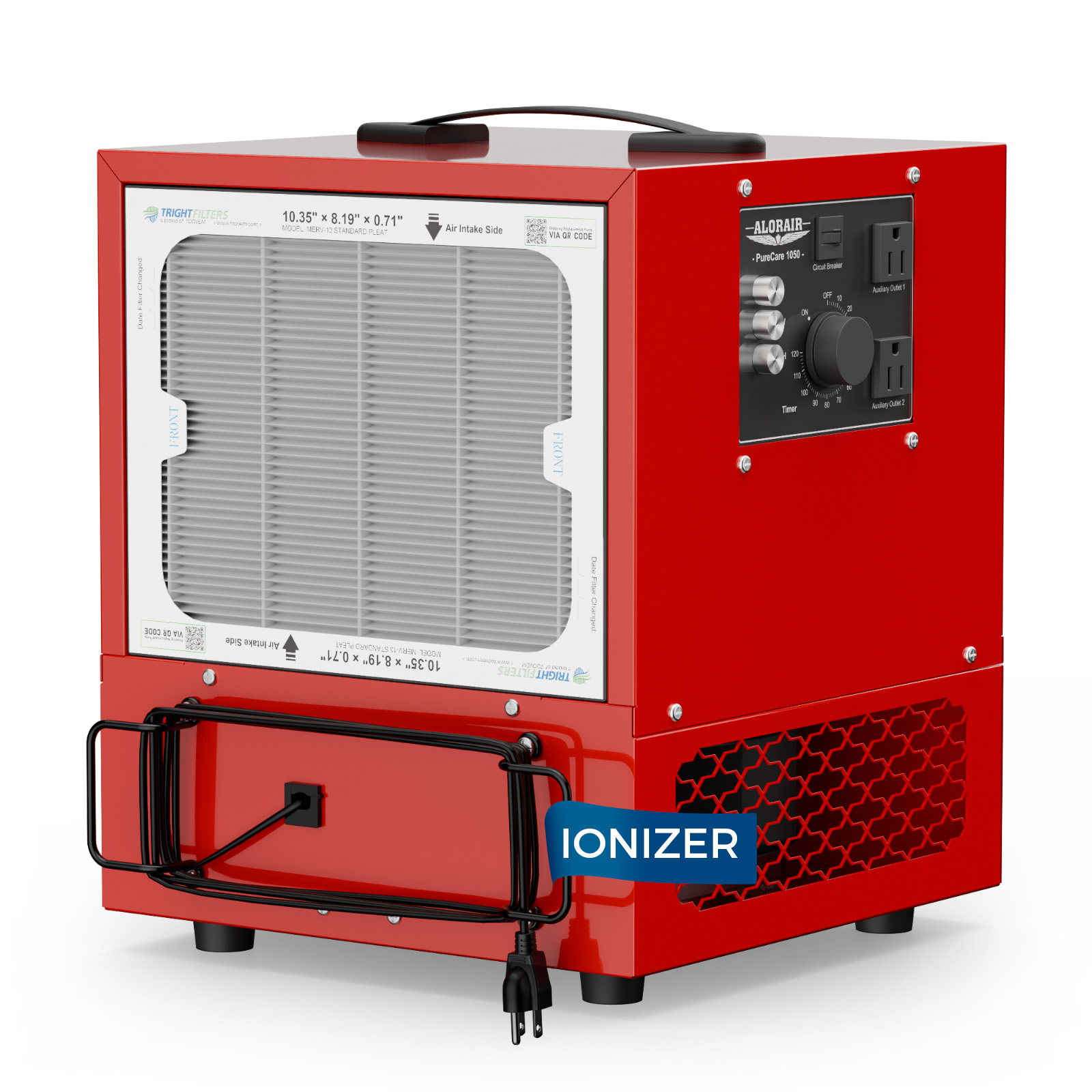
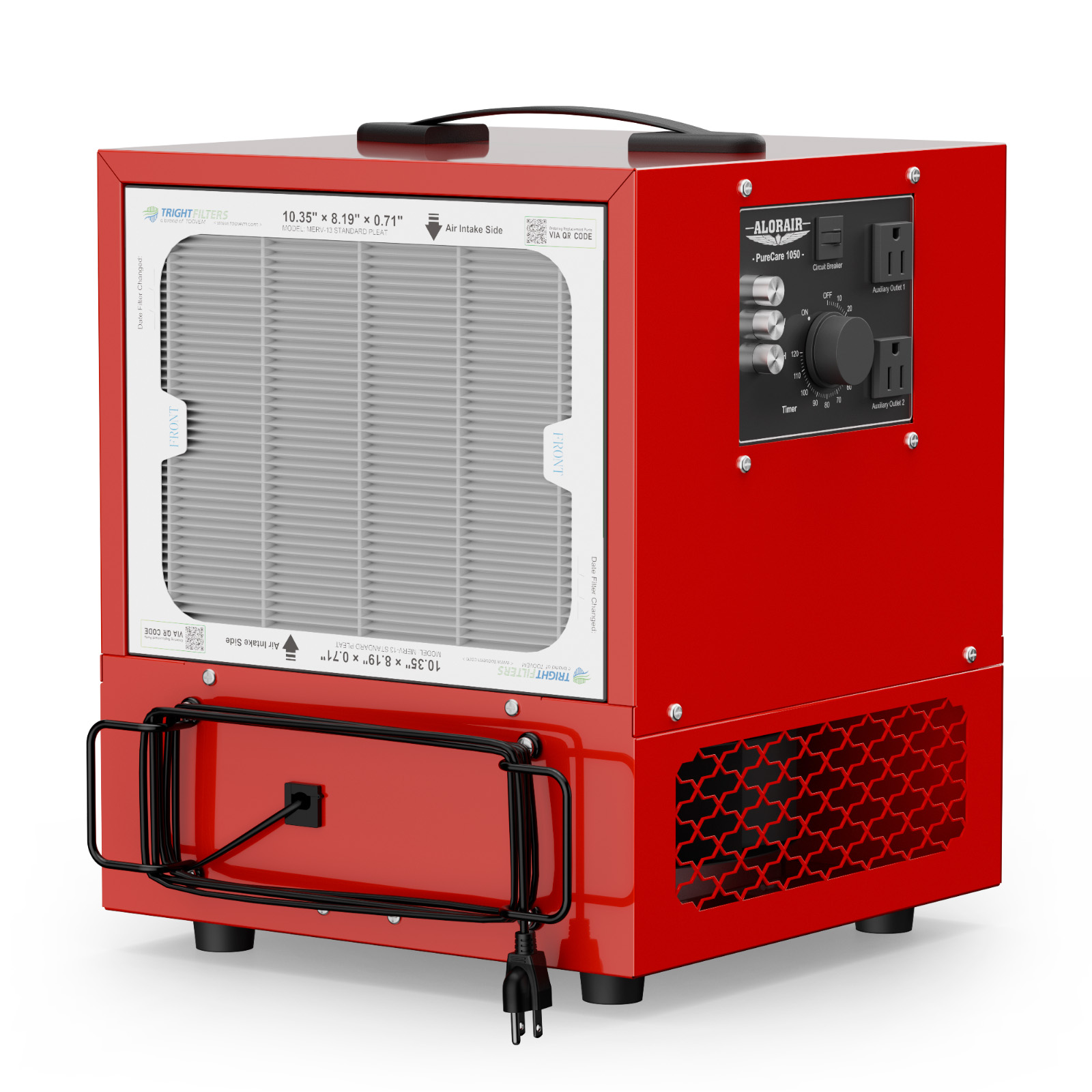
.jpg)
.jpg)
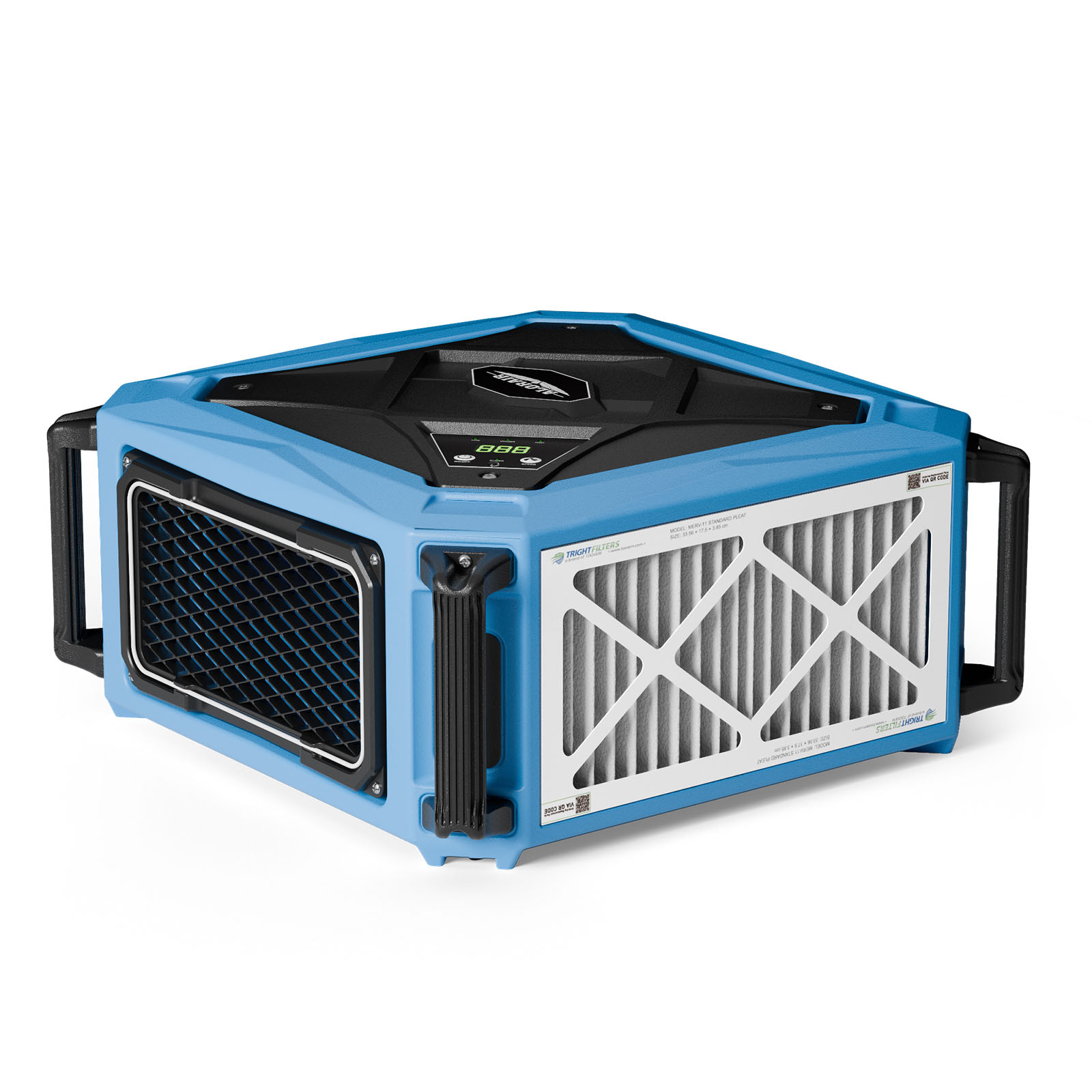

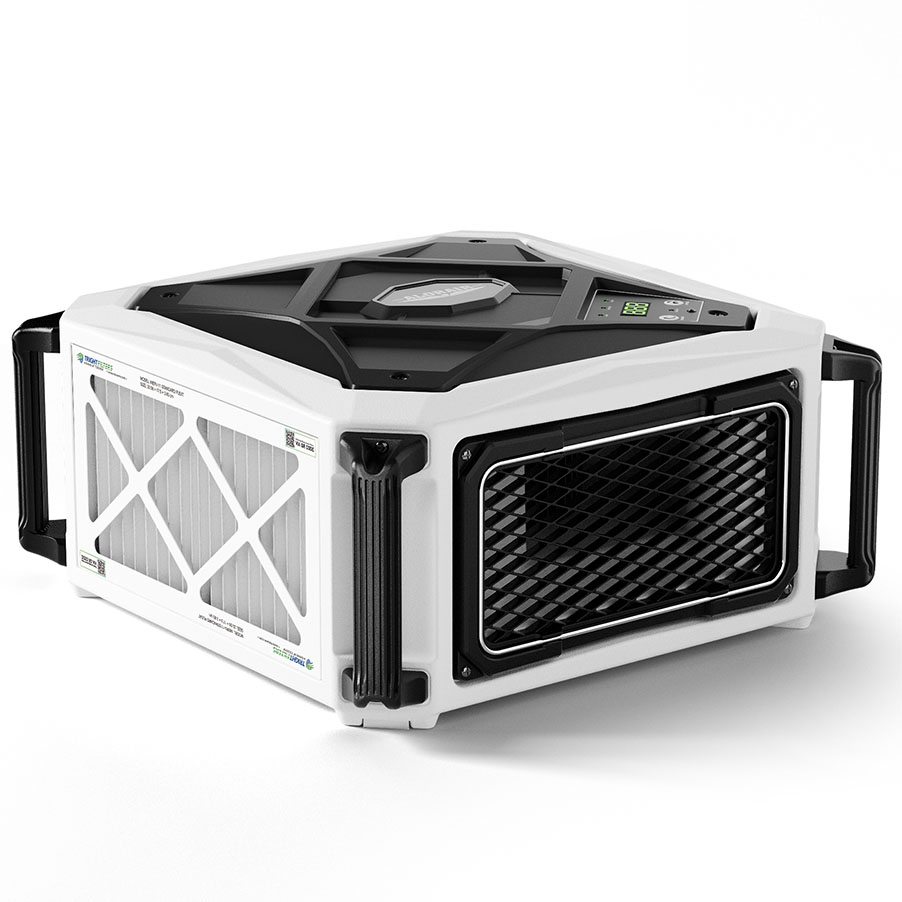
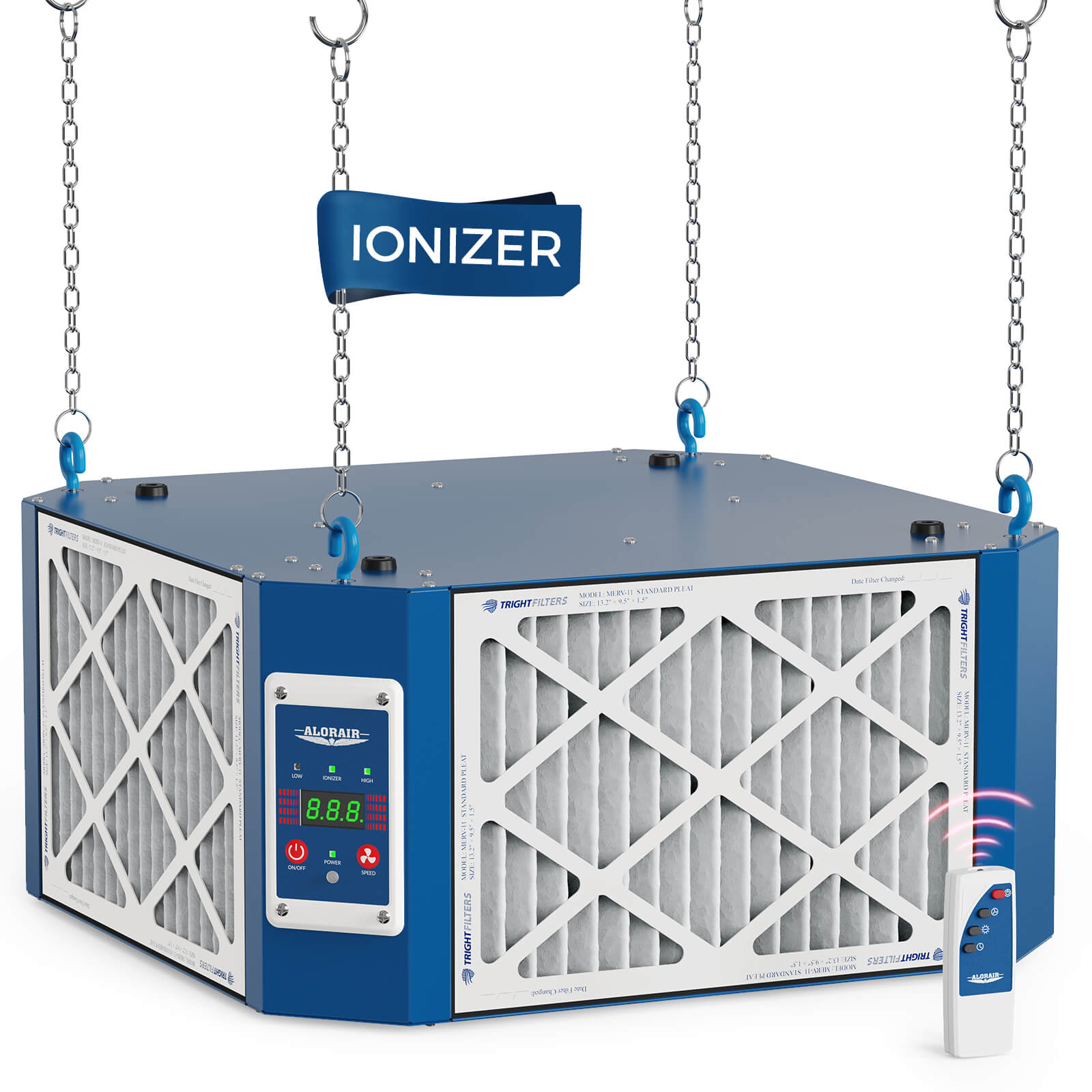
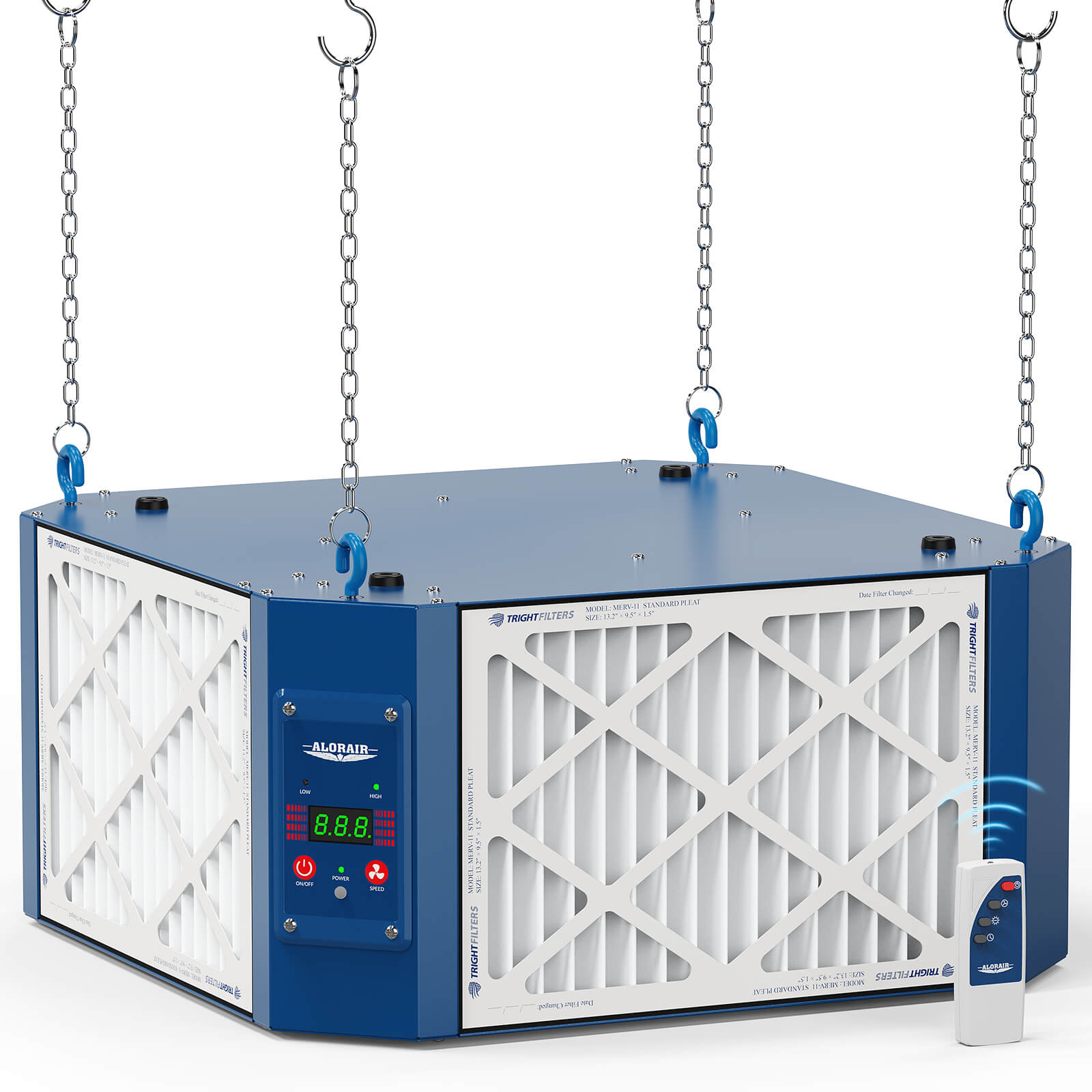
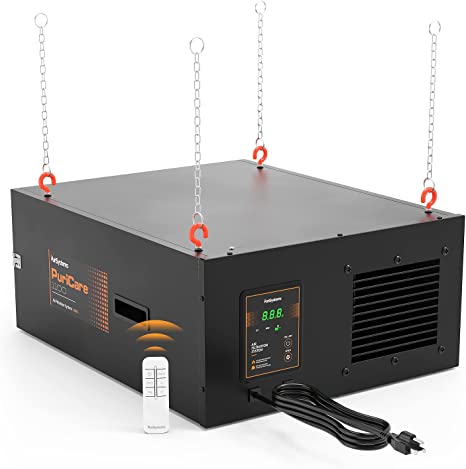
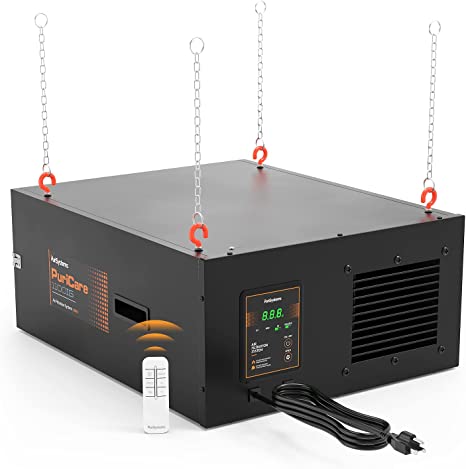
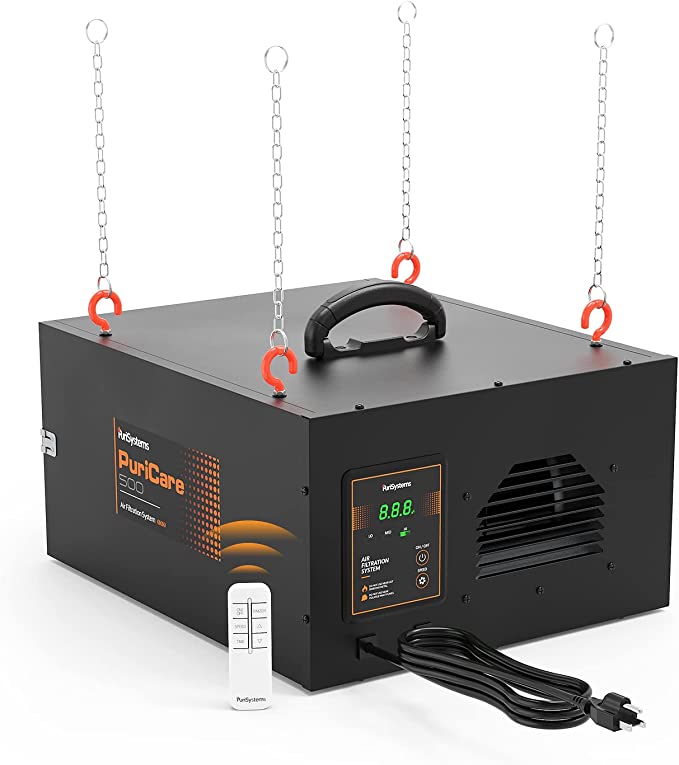
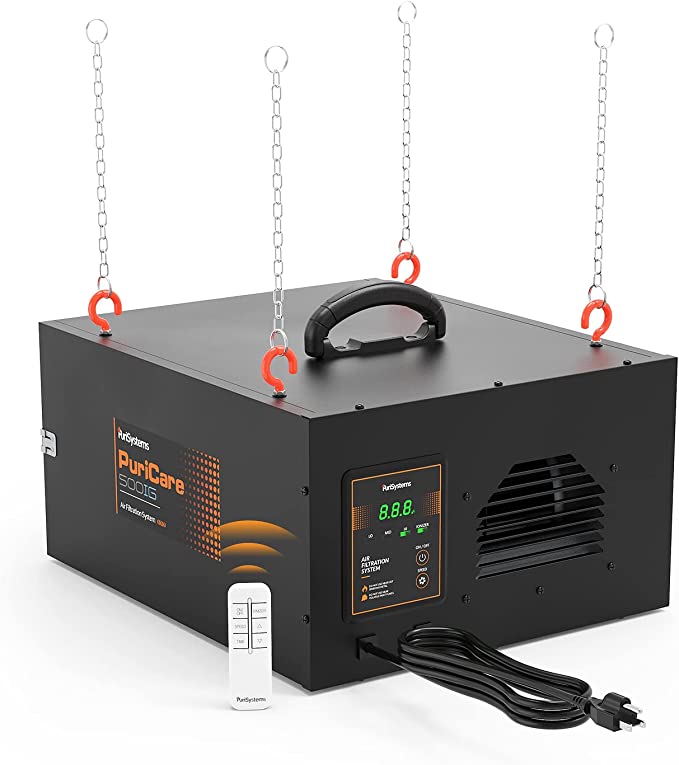
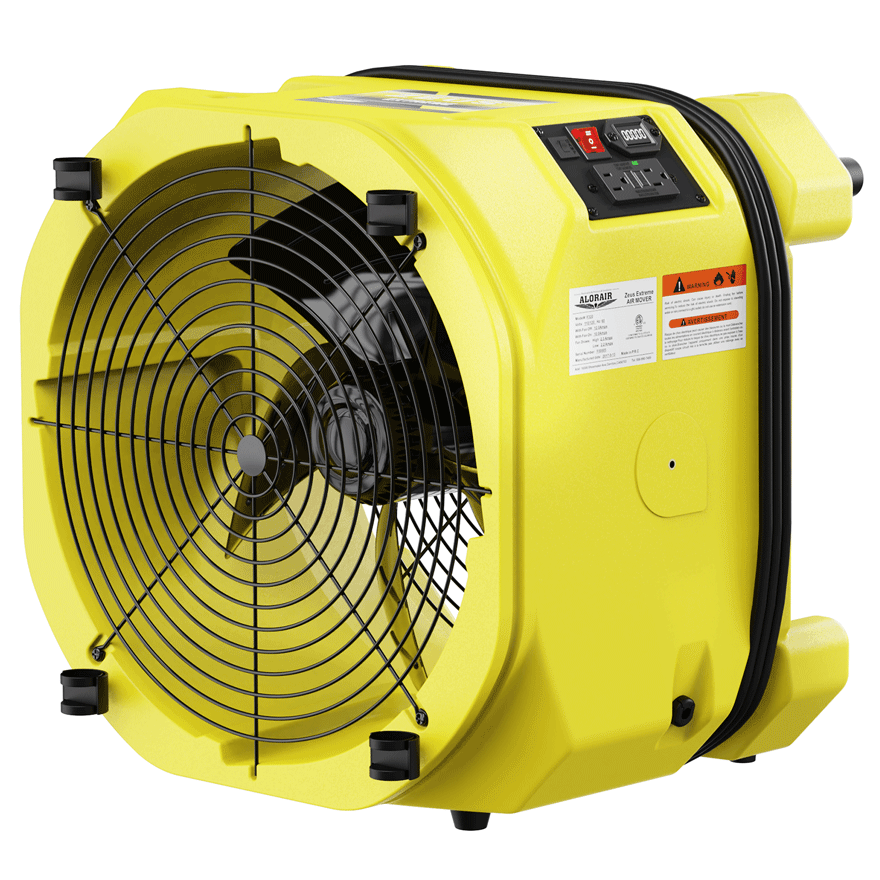
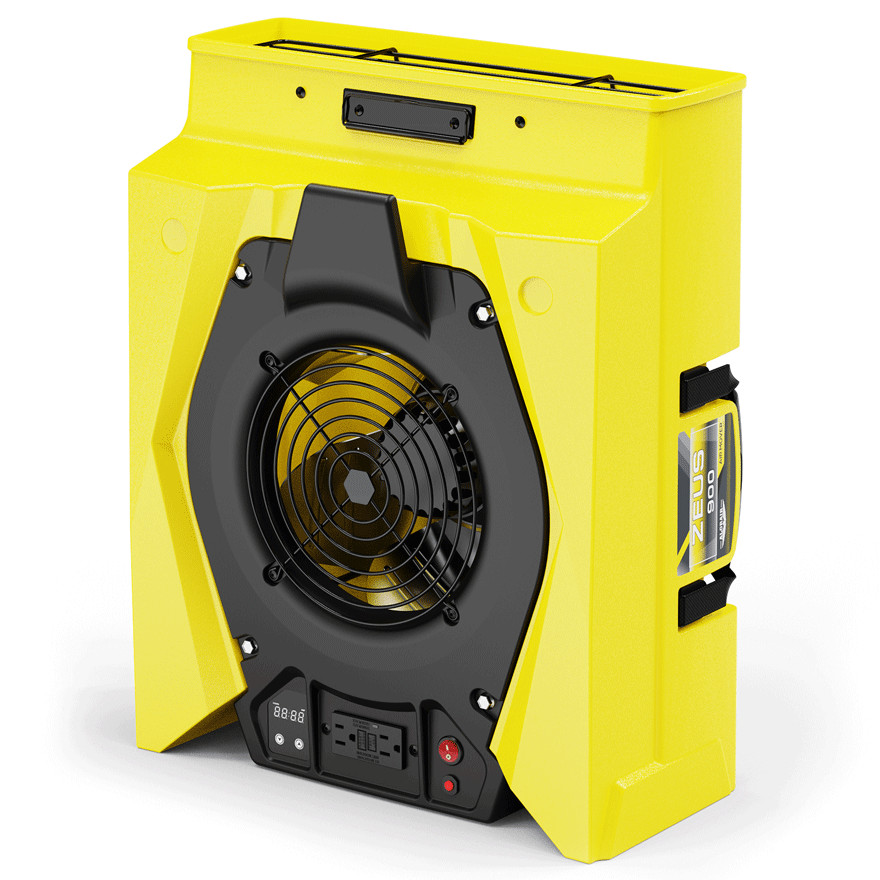
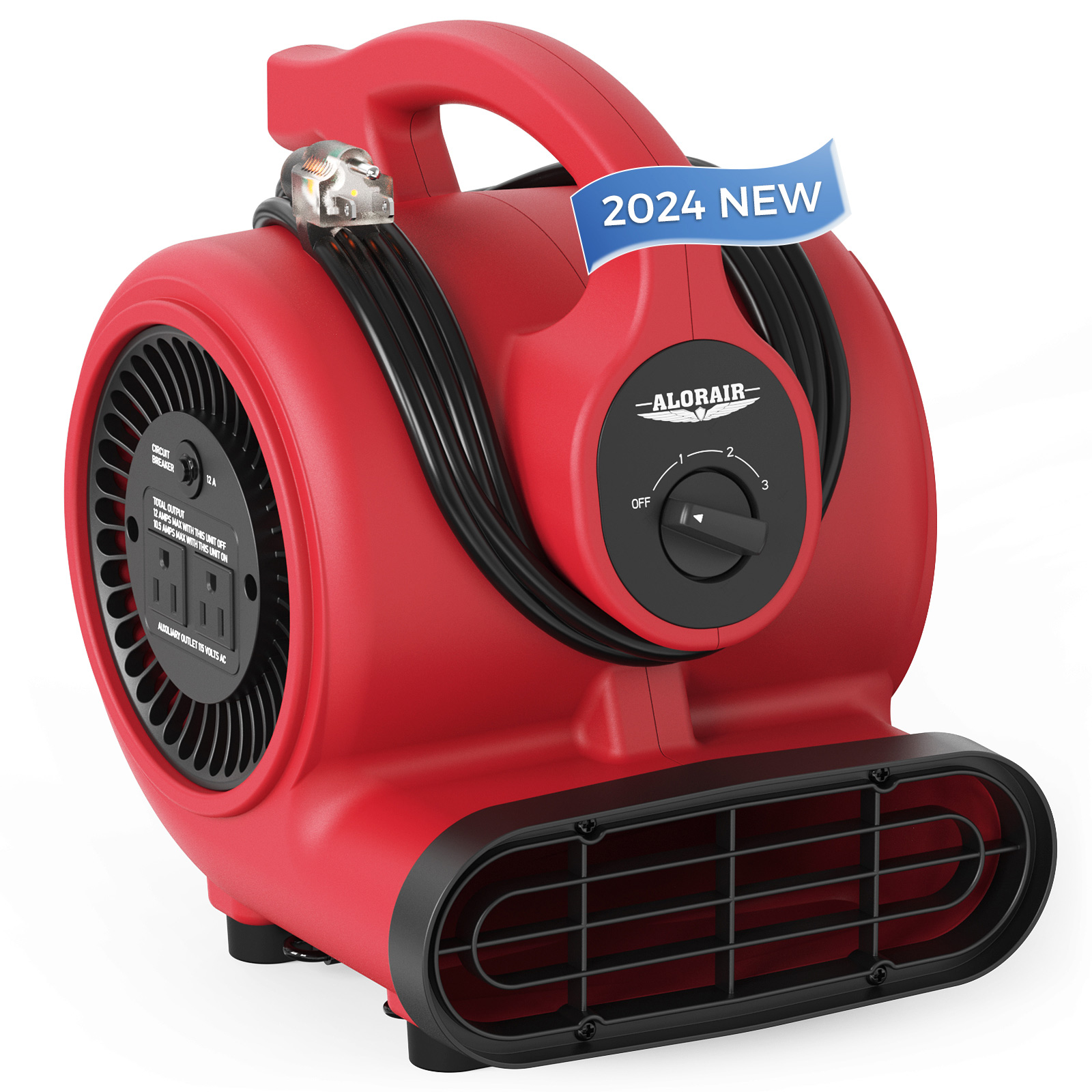
.jpg)
.jpg)
.jpg)
.jpg)
.jpg)
.jpg)
.jpg)
.jpg)
.jpg)
.jpg)
.jpg)
.jpg)
.jpg)
.jpg)
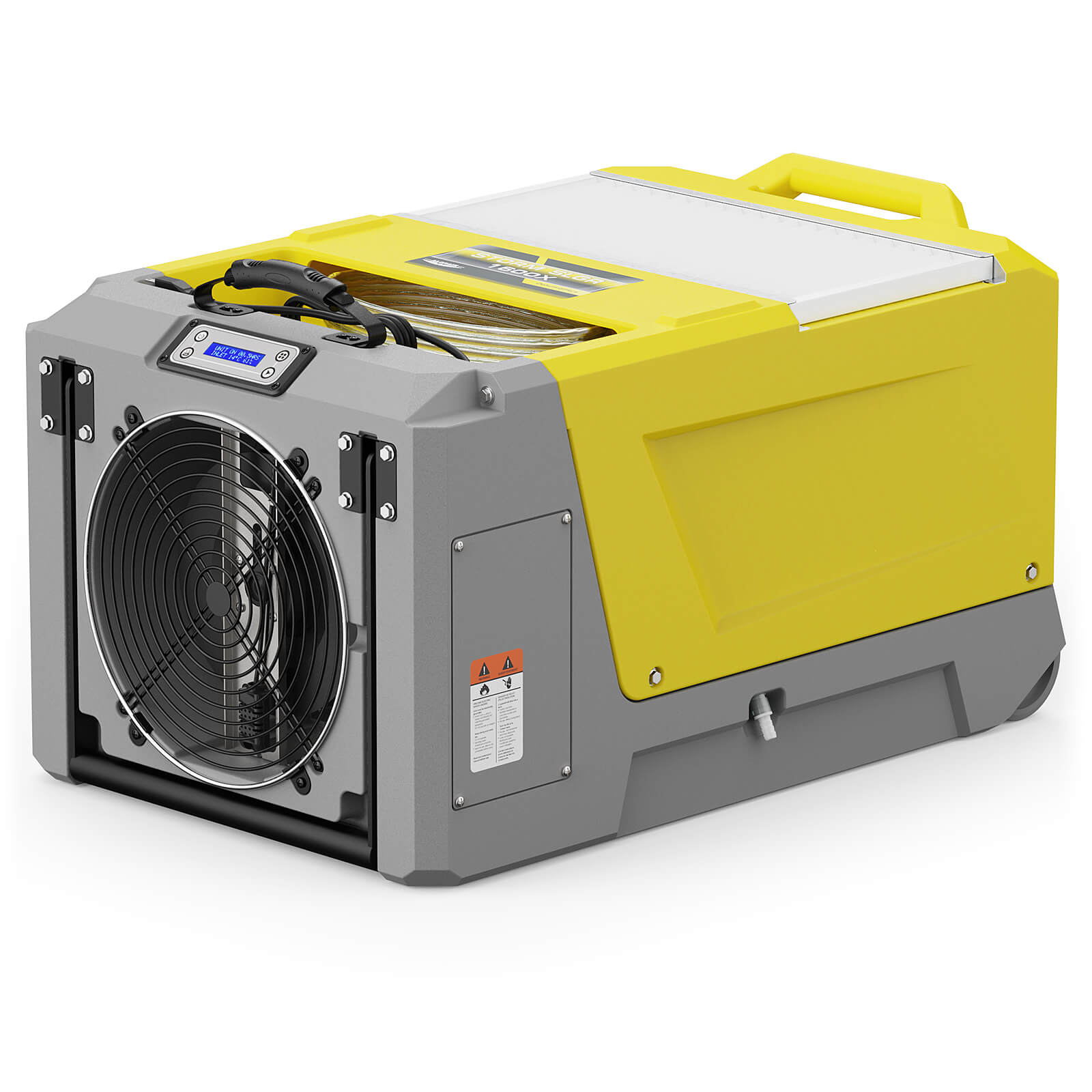
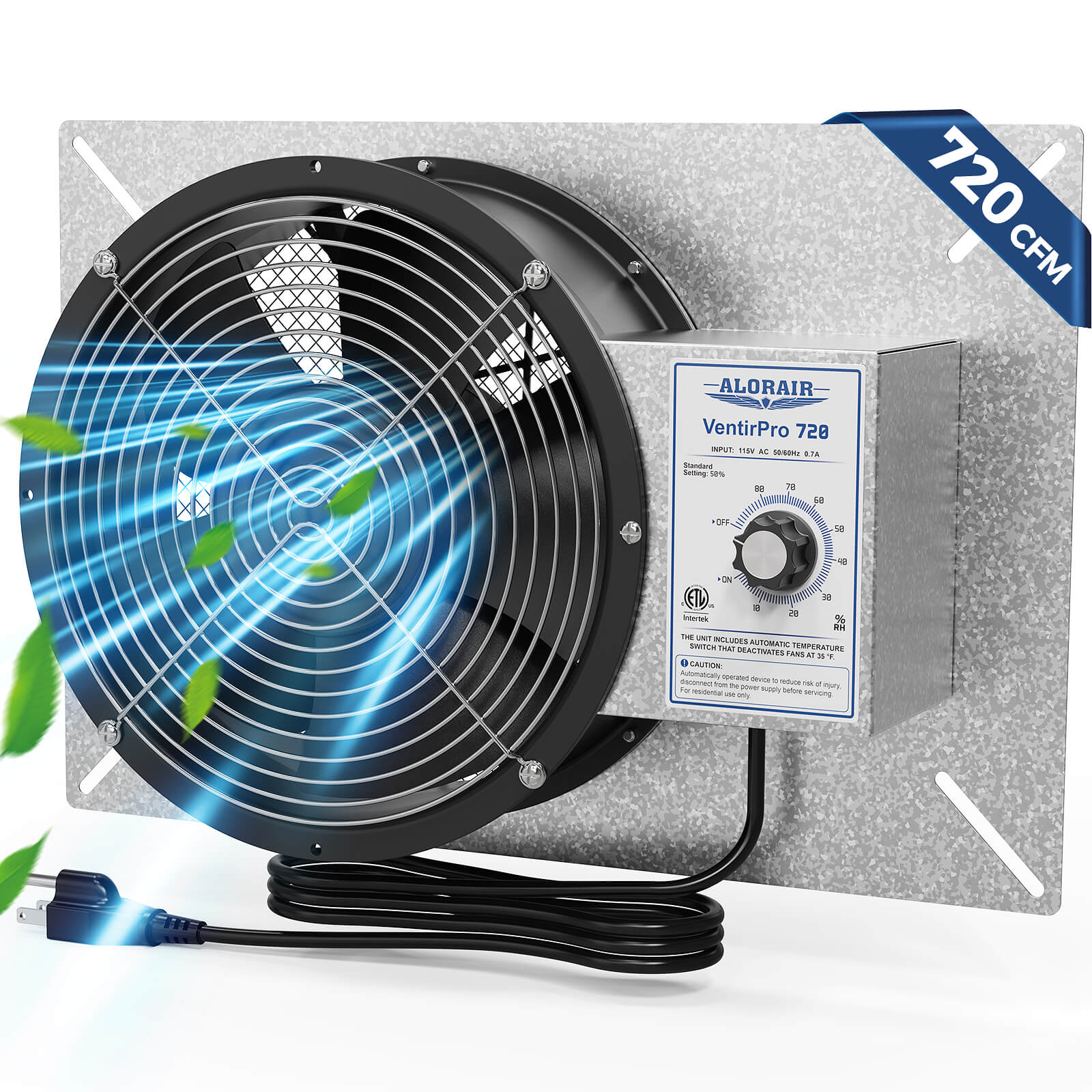
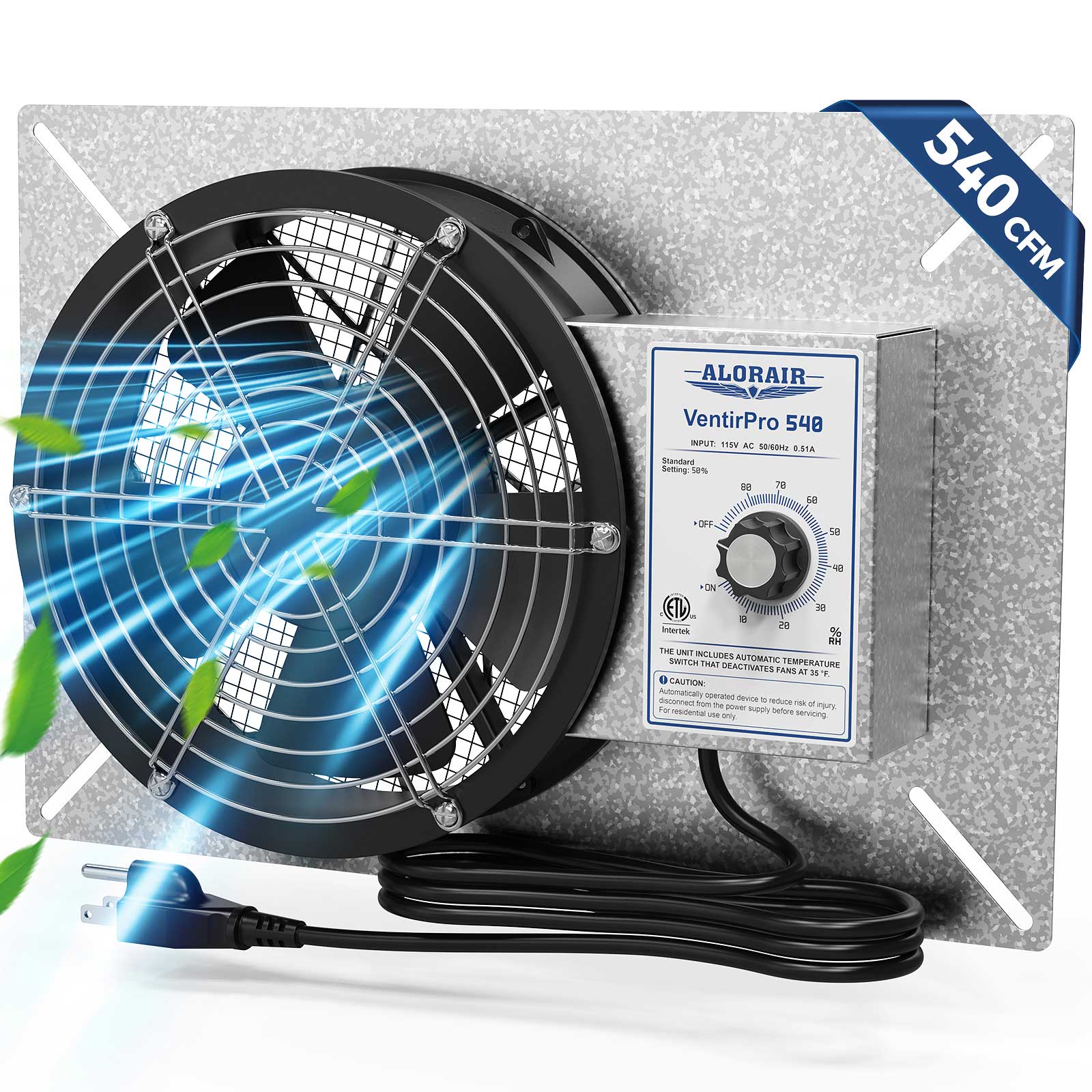
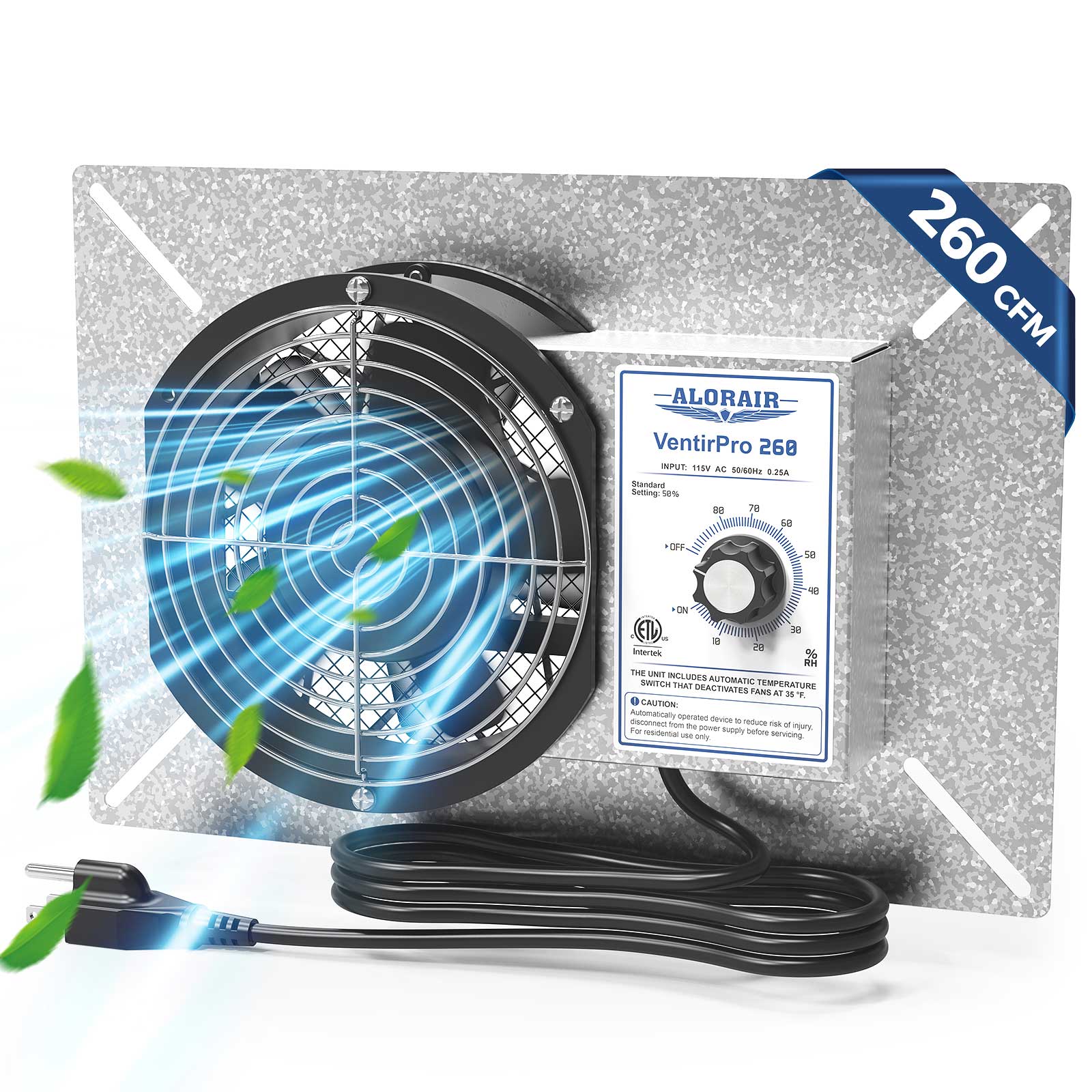
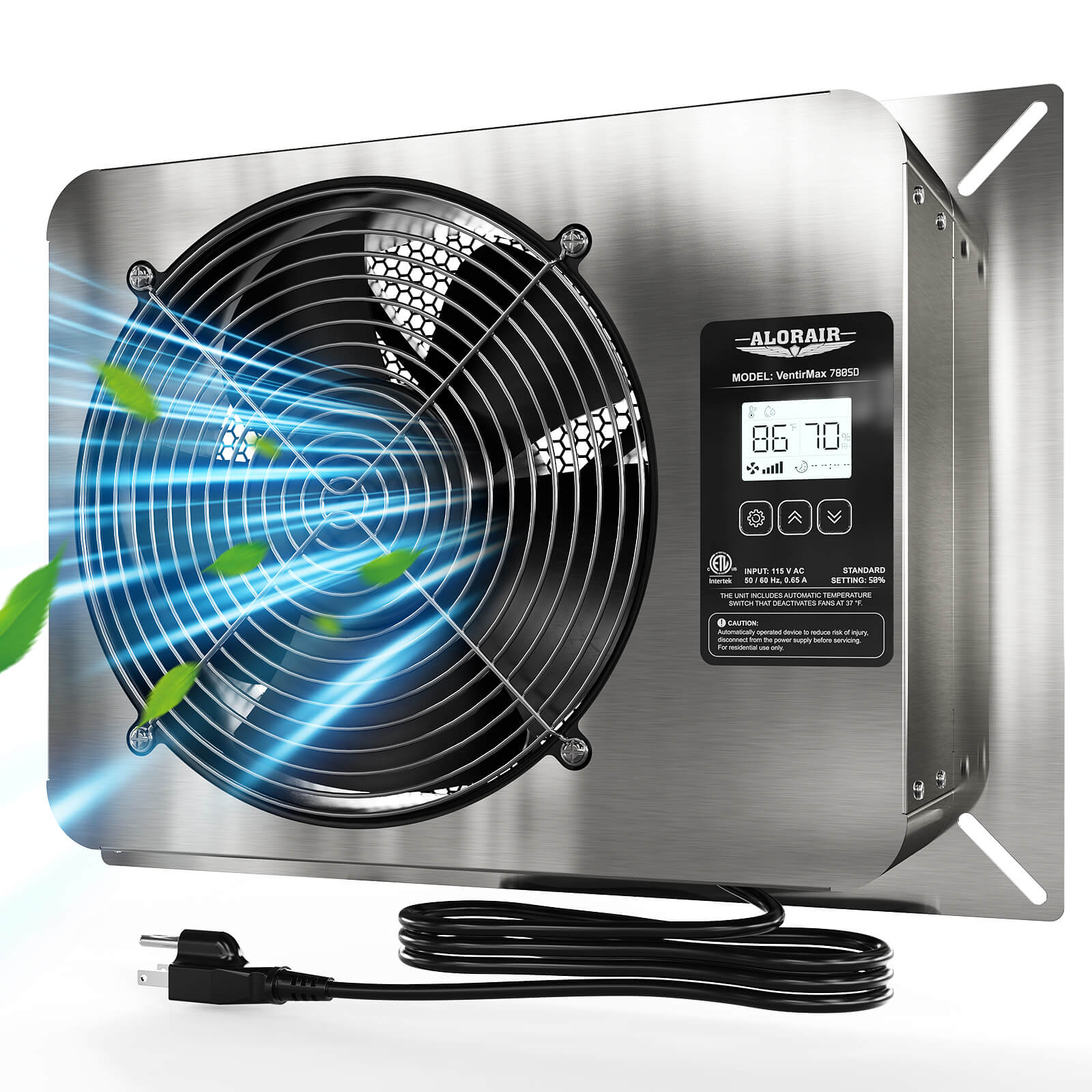
.jpg)
.jpg)
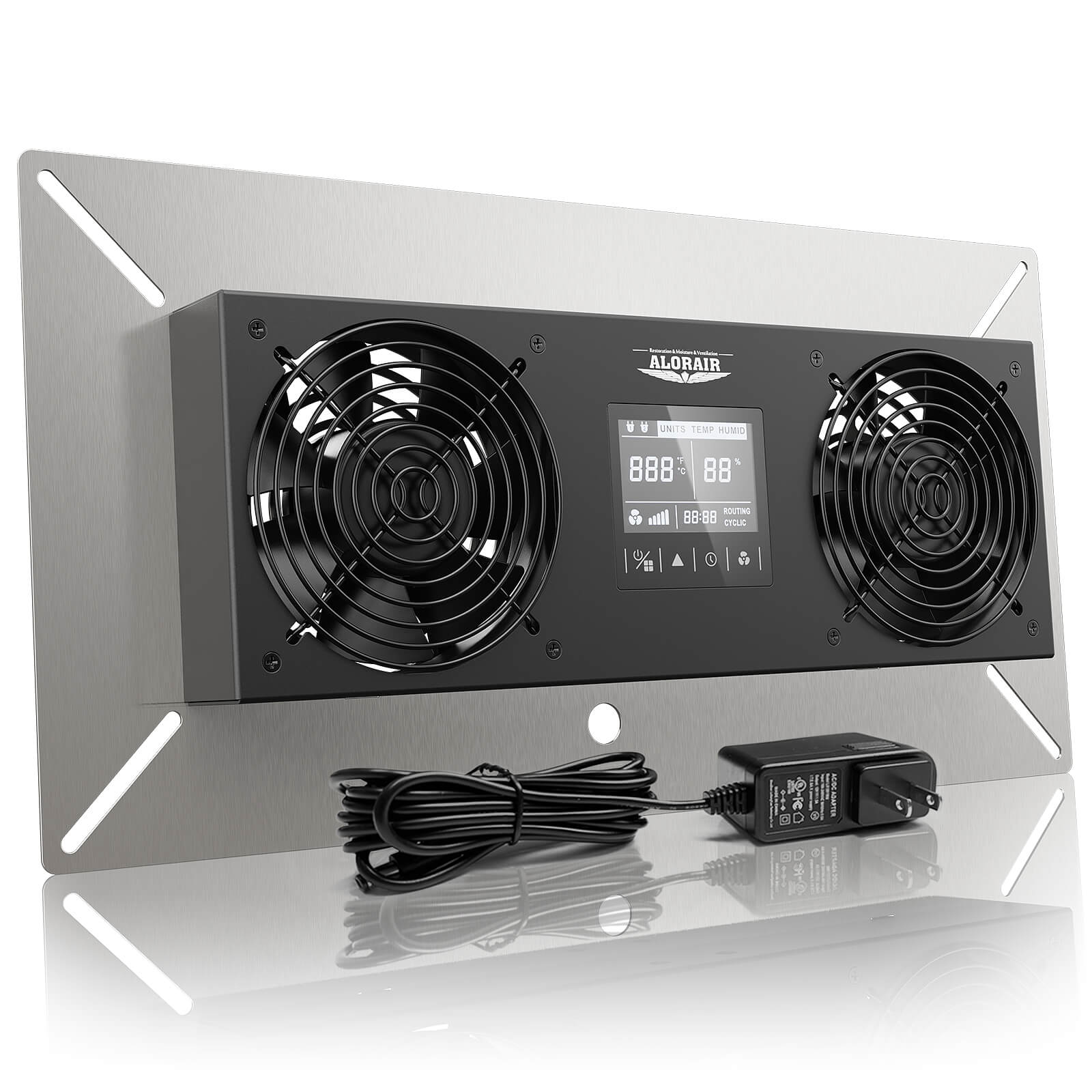
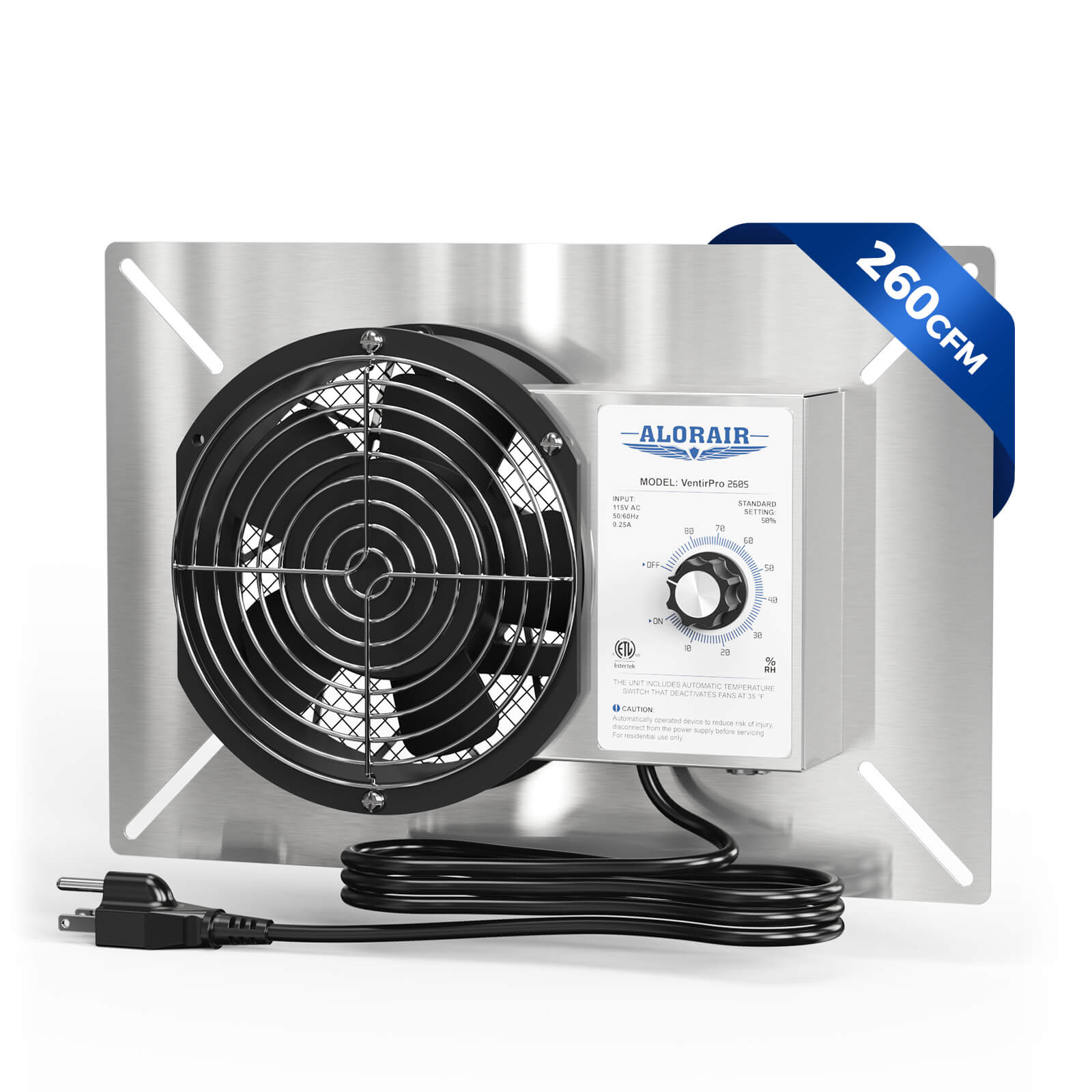
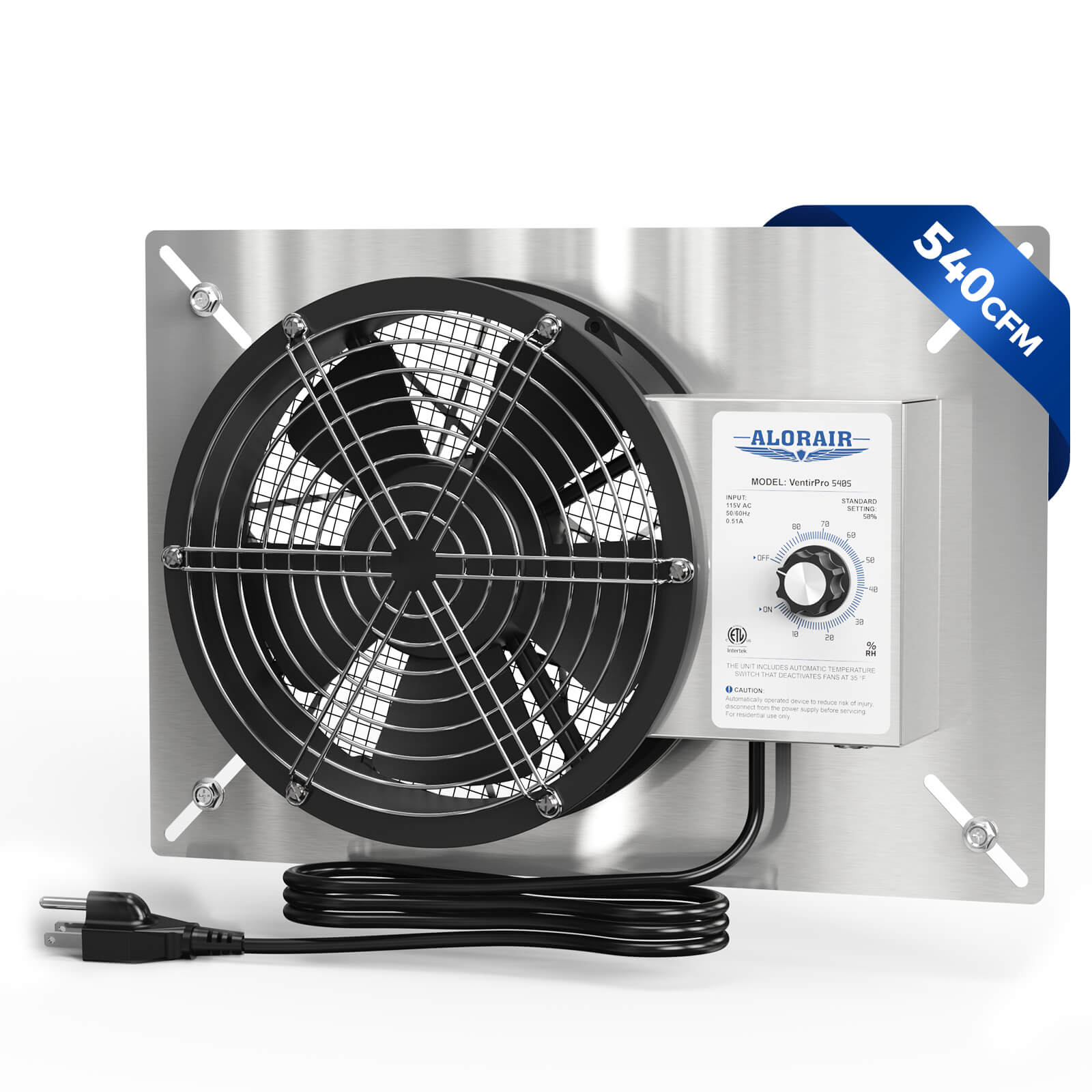
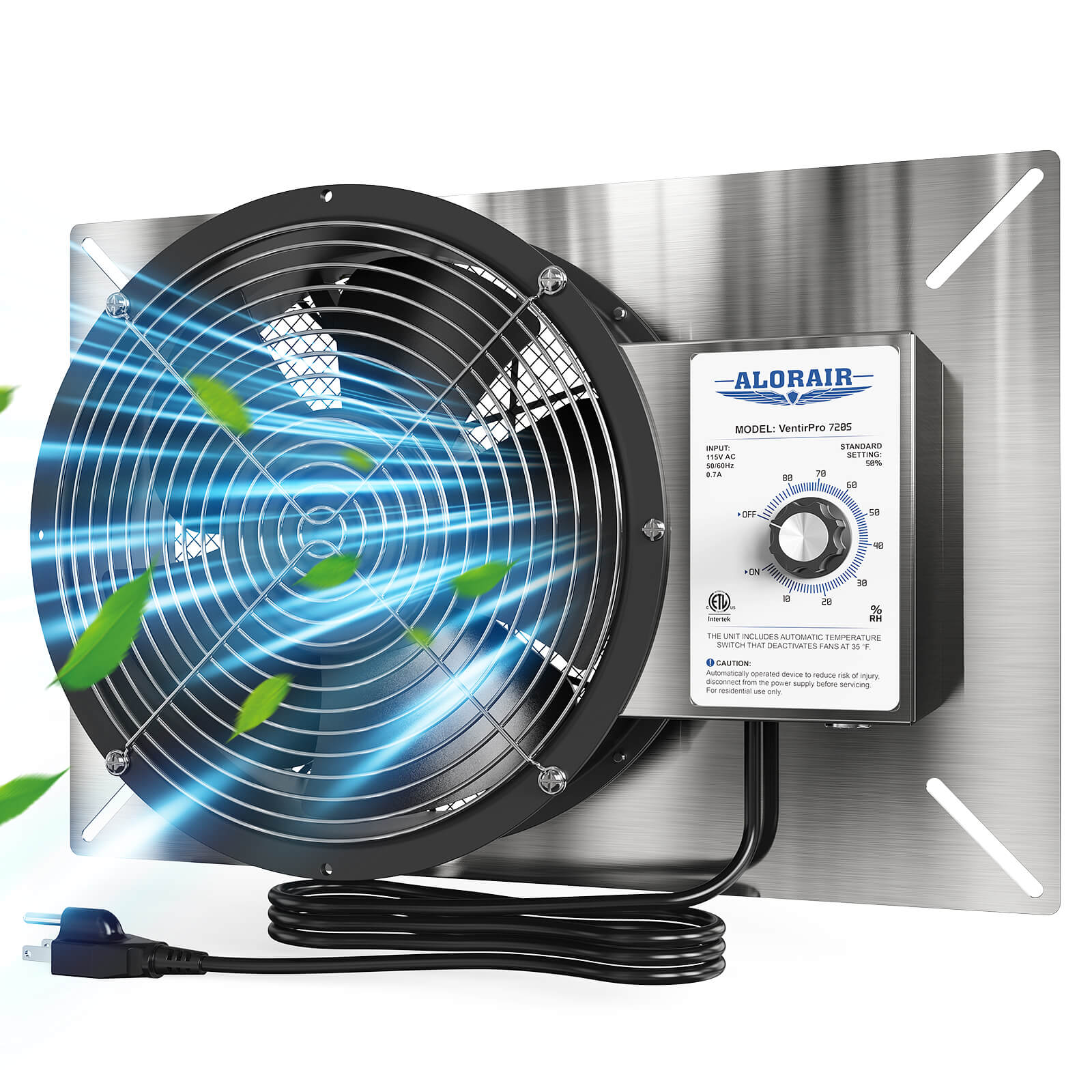
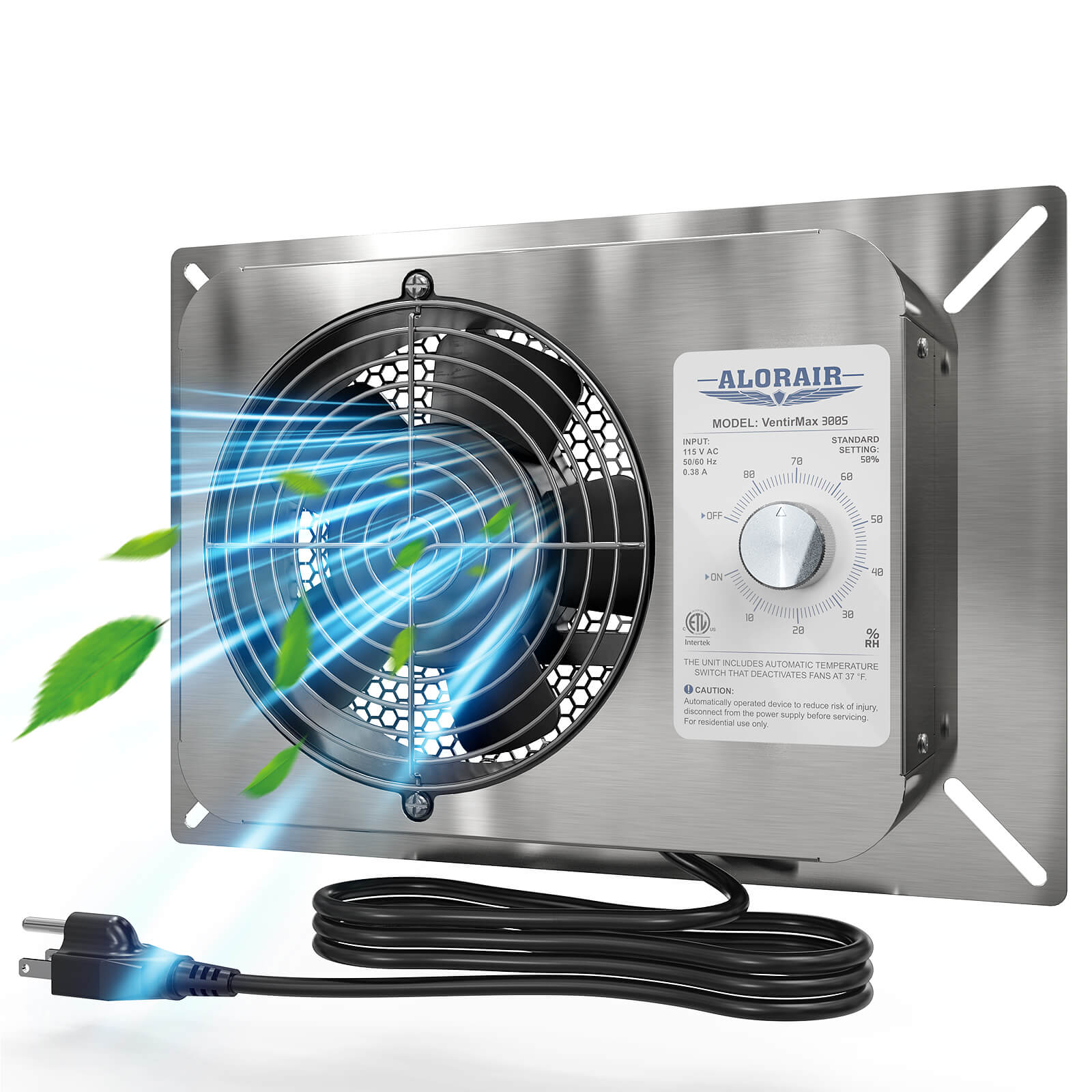
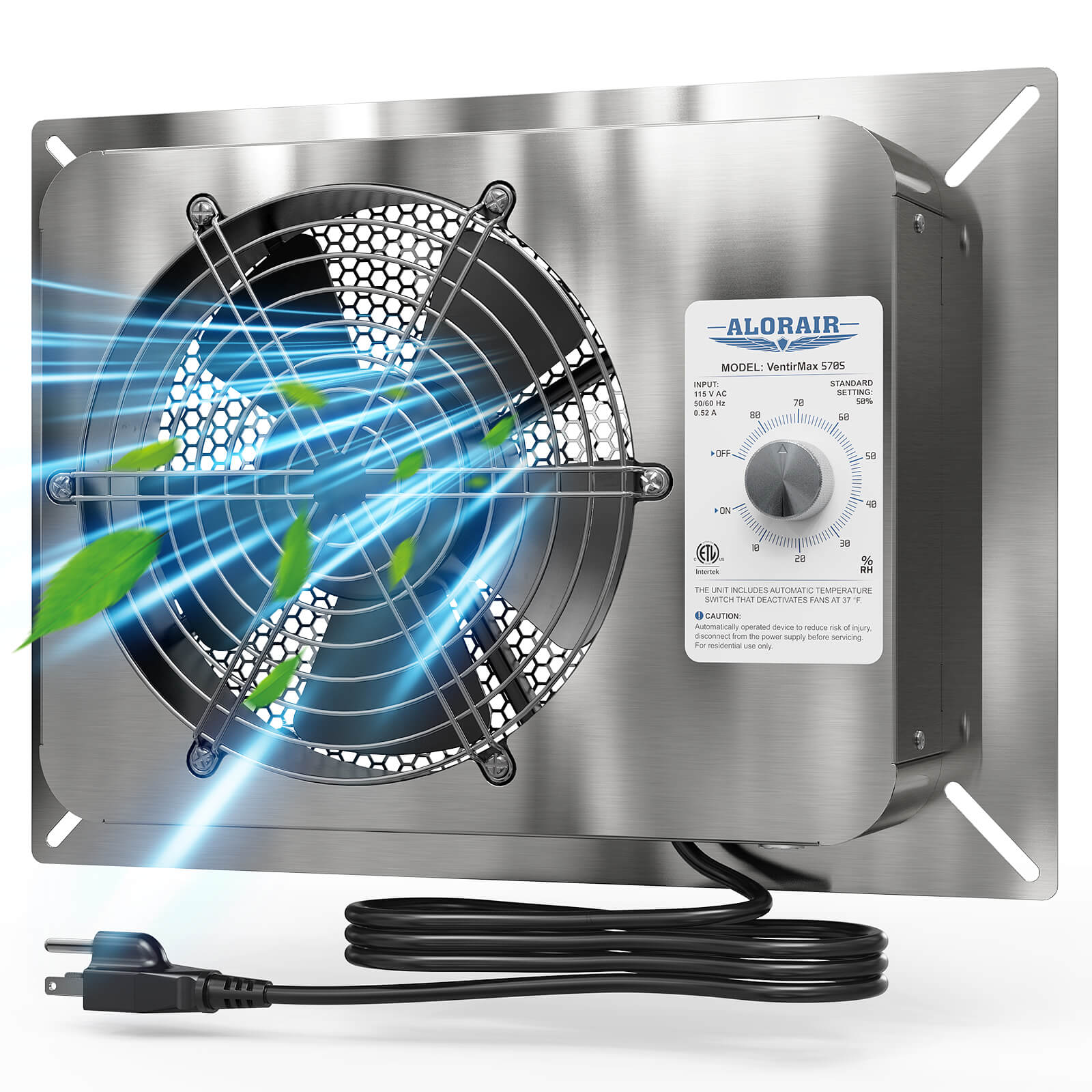
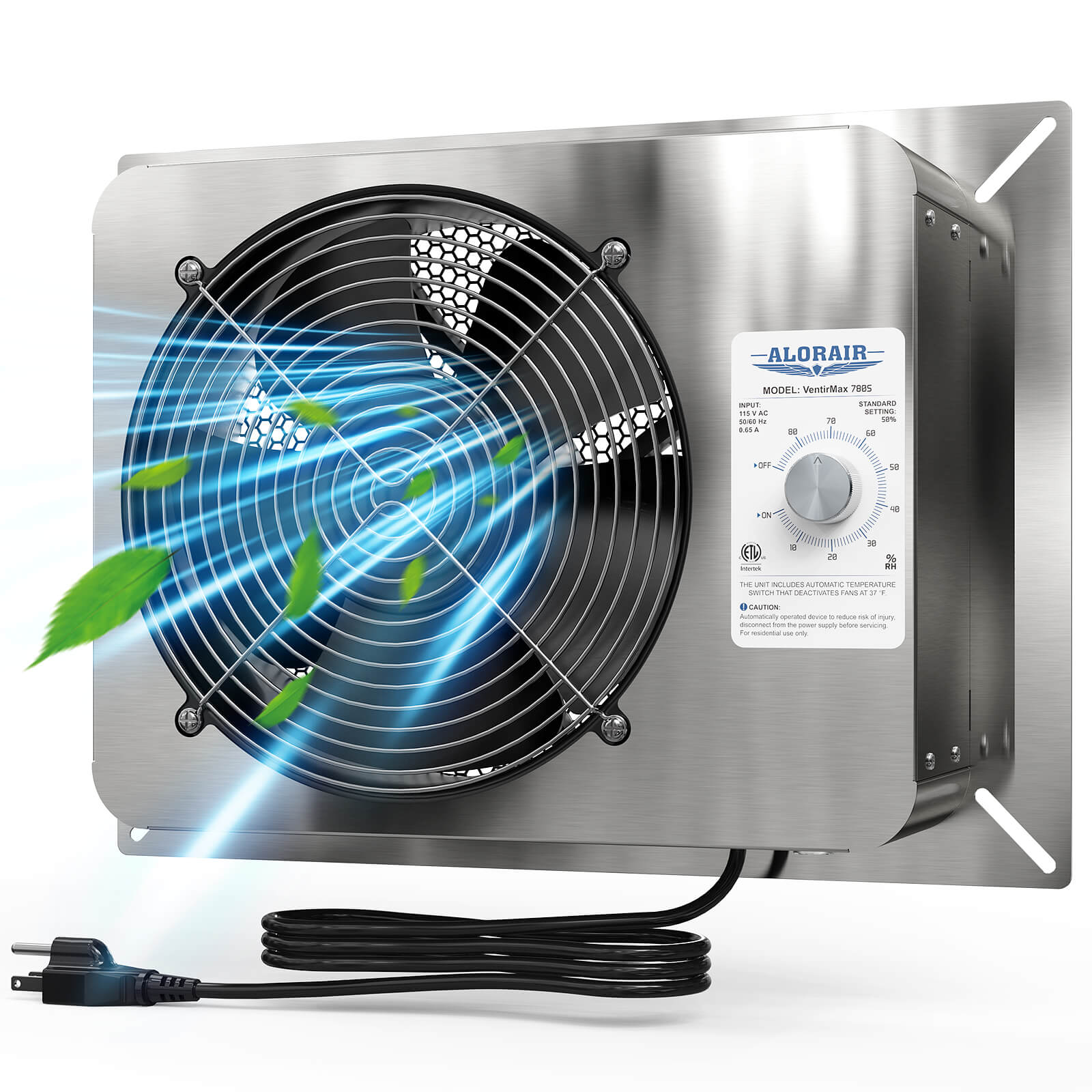
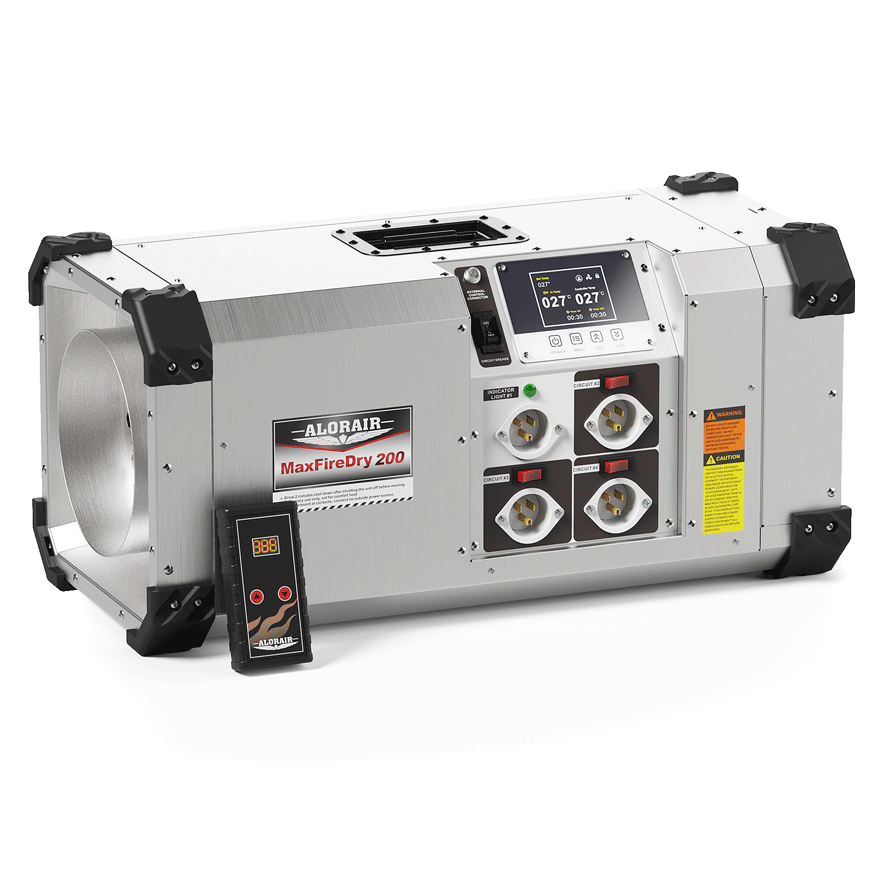





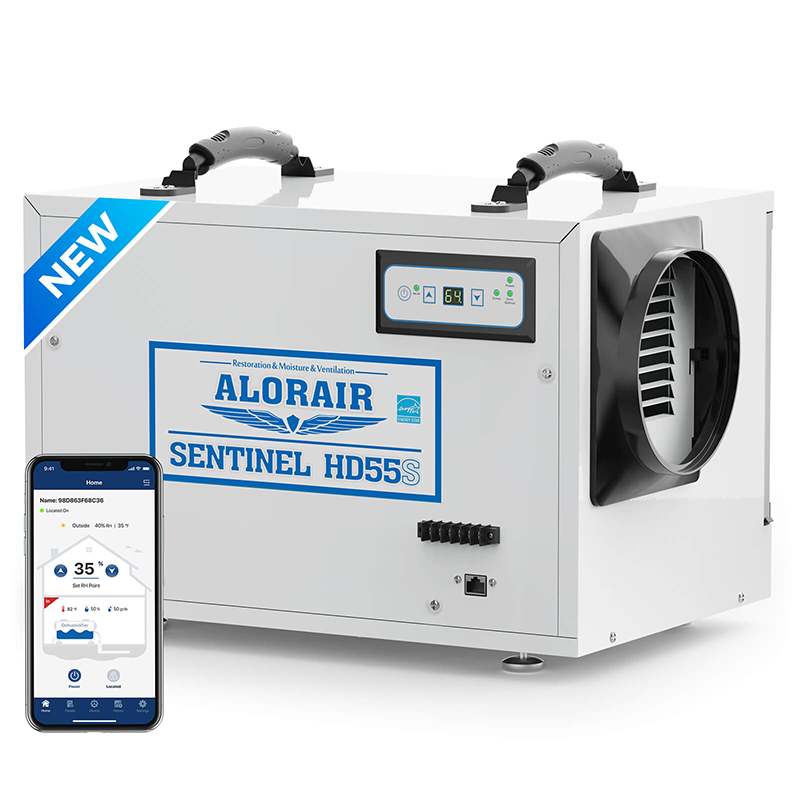
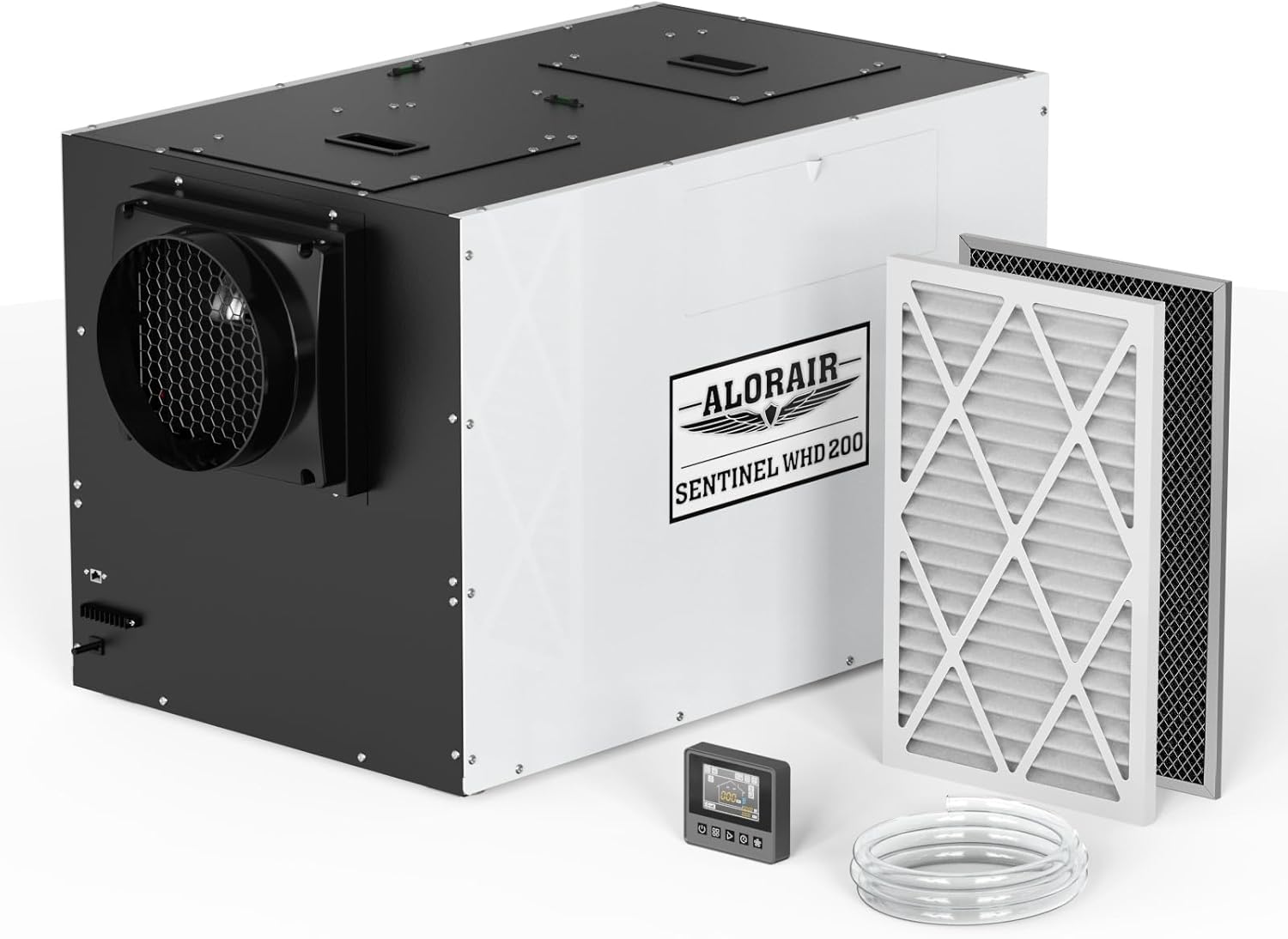
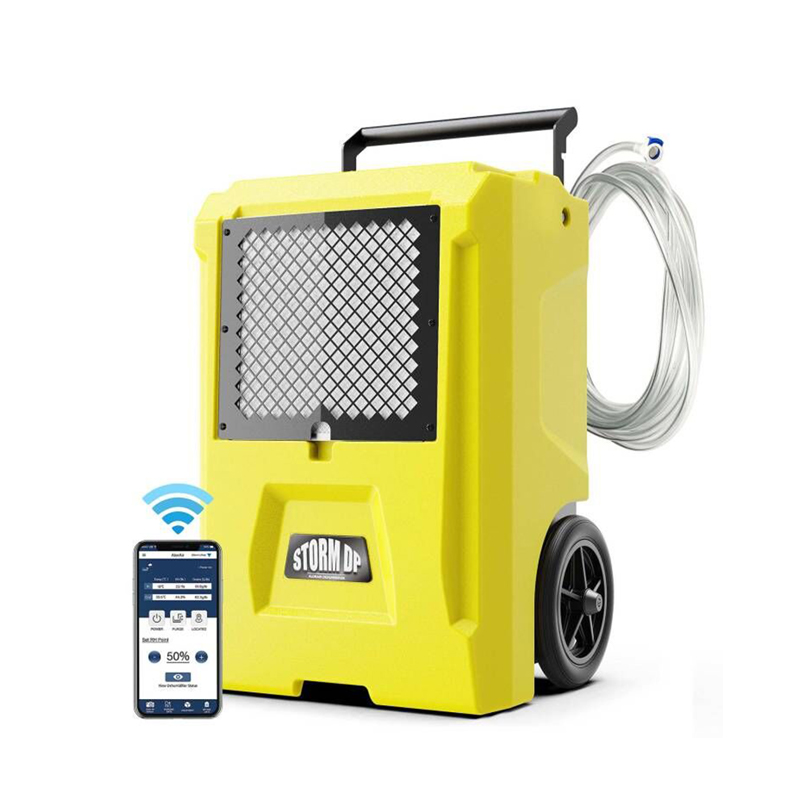
-.jpg)
.jpg)
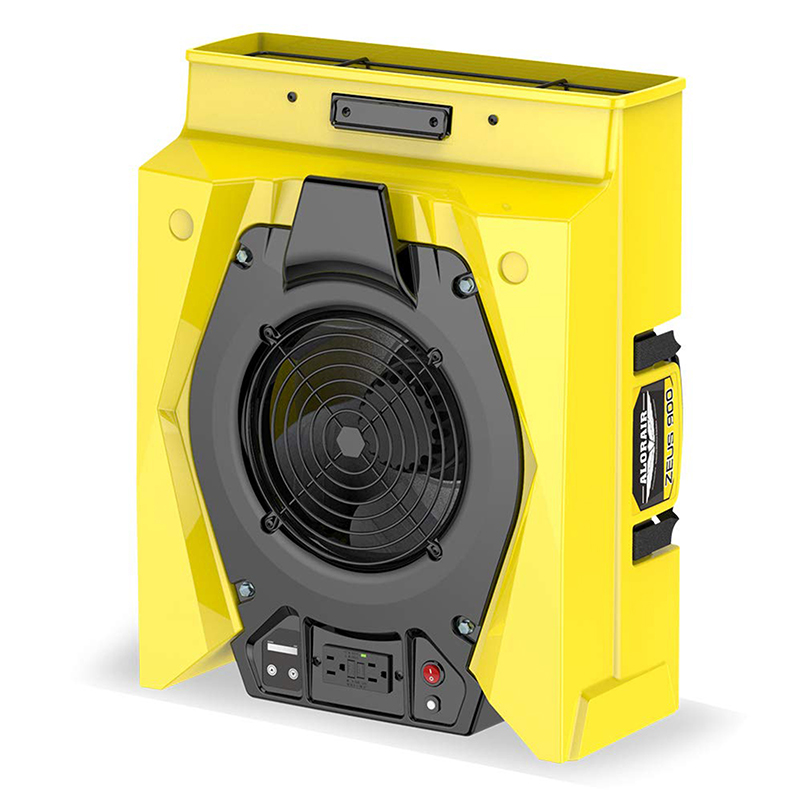
.jpg)
.jpg)
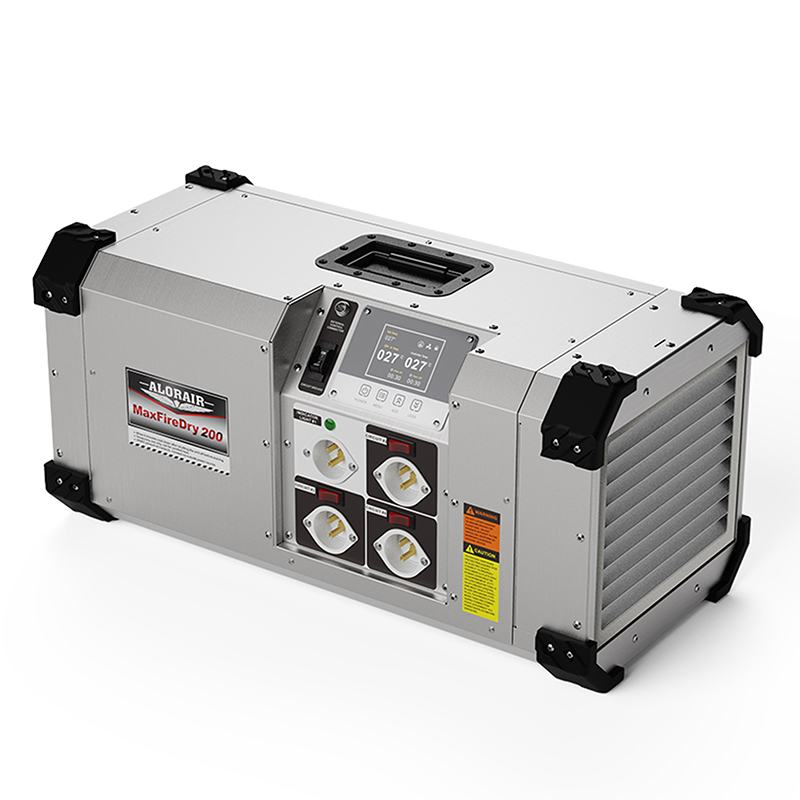
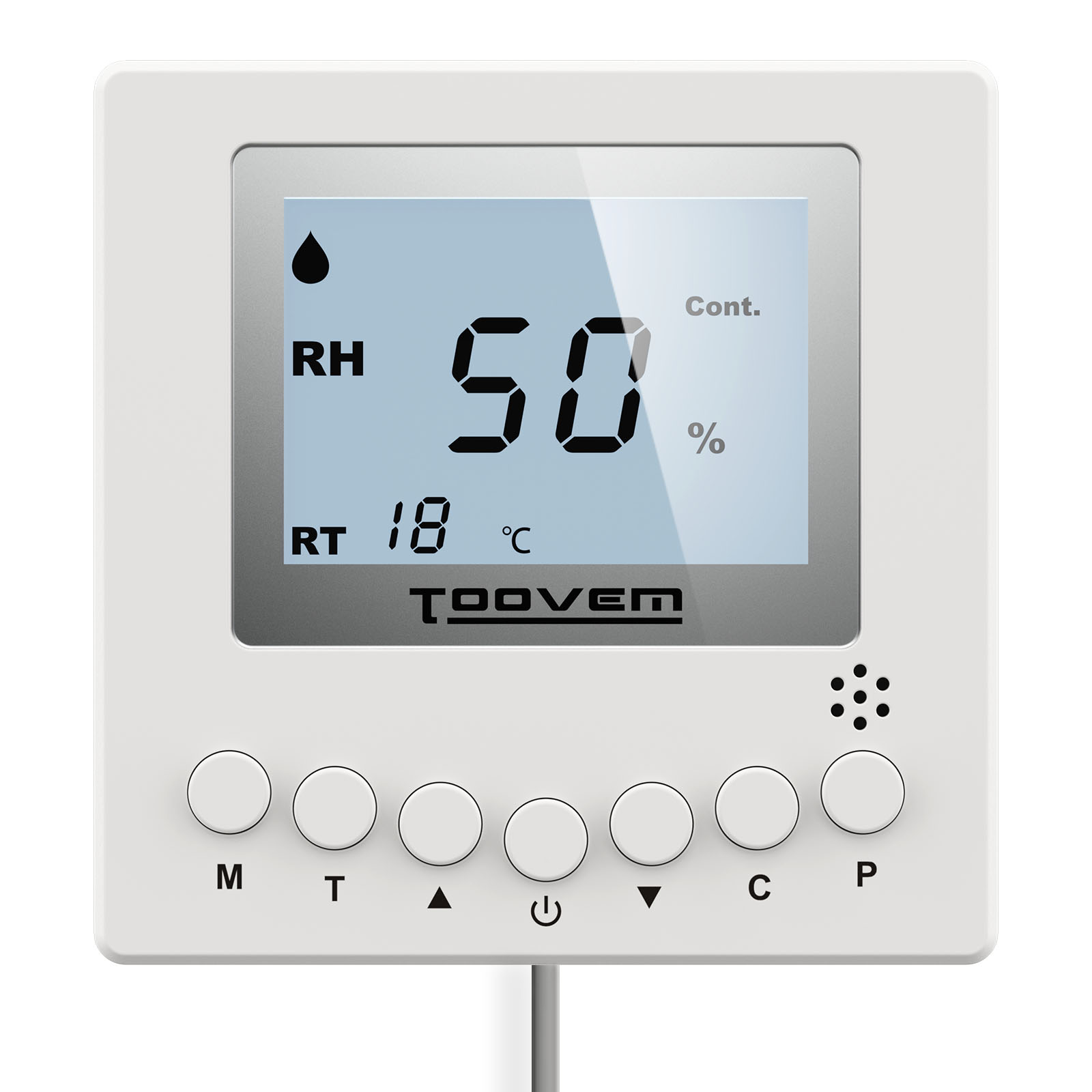

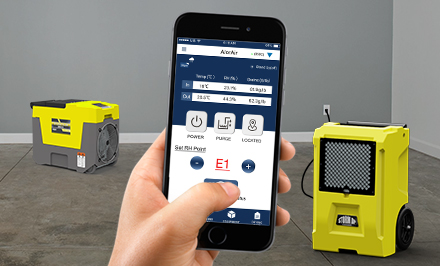

















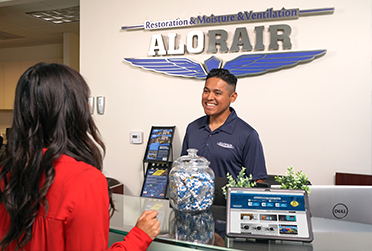





 Exclusive offers
promotions
Exclusive offers
promotions

